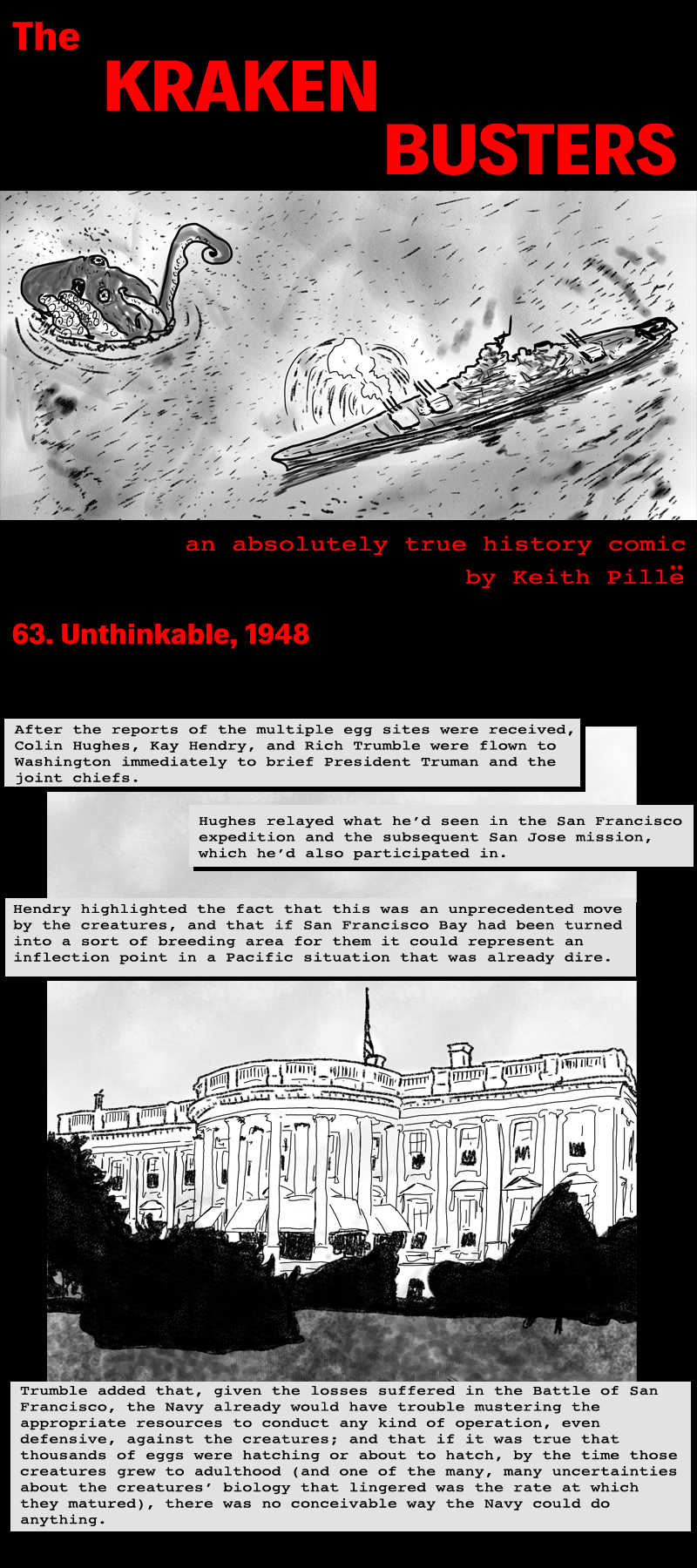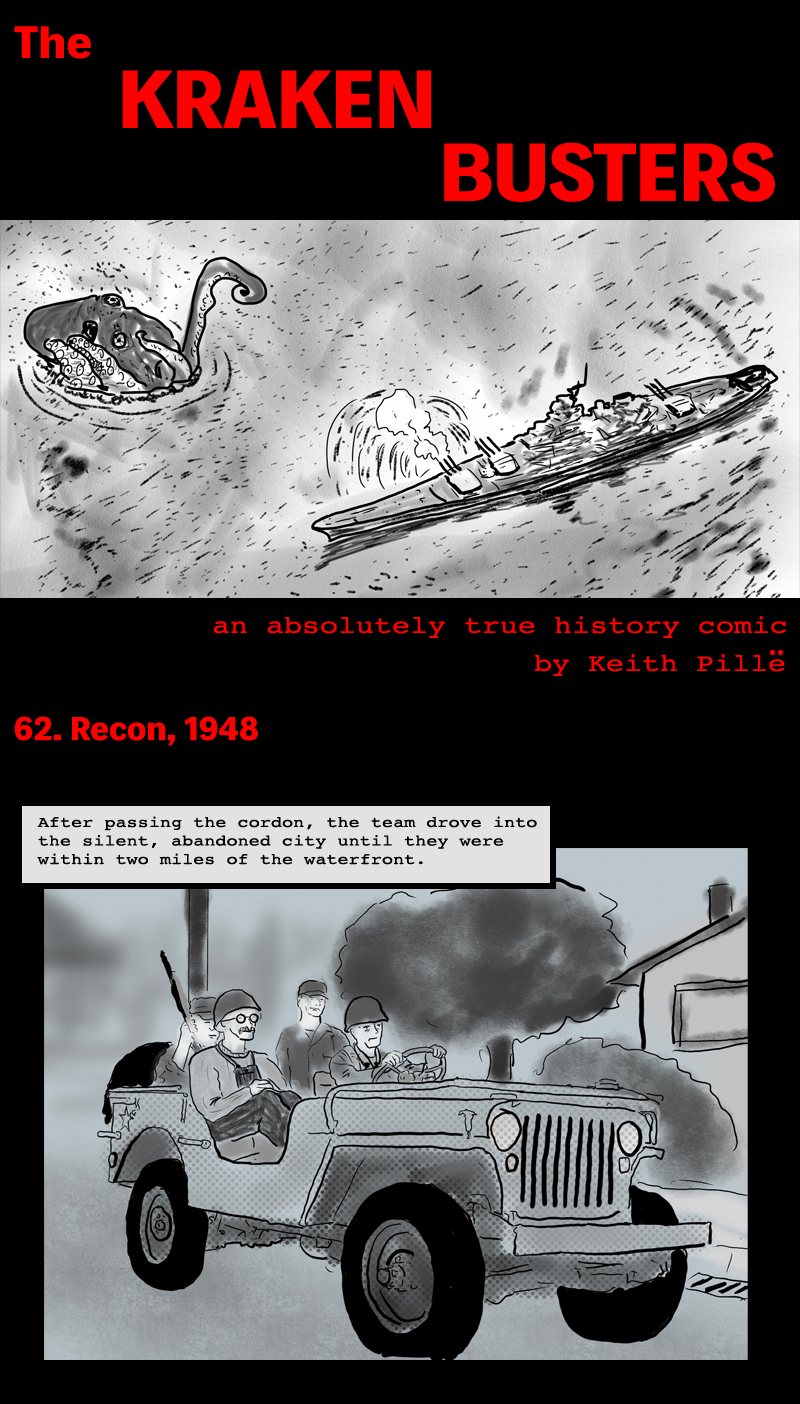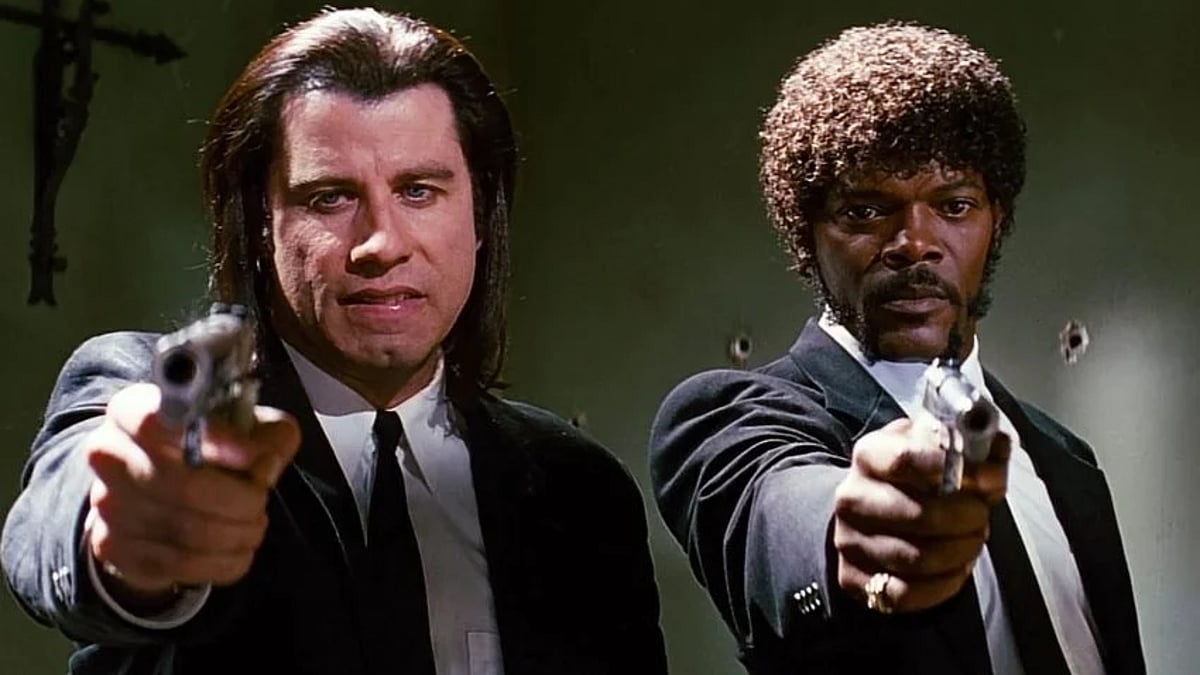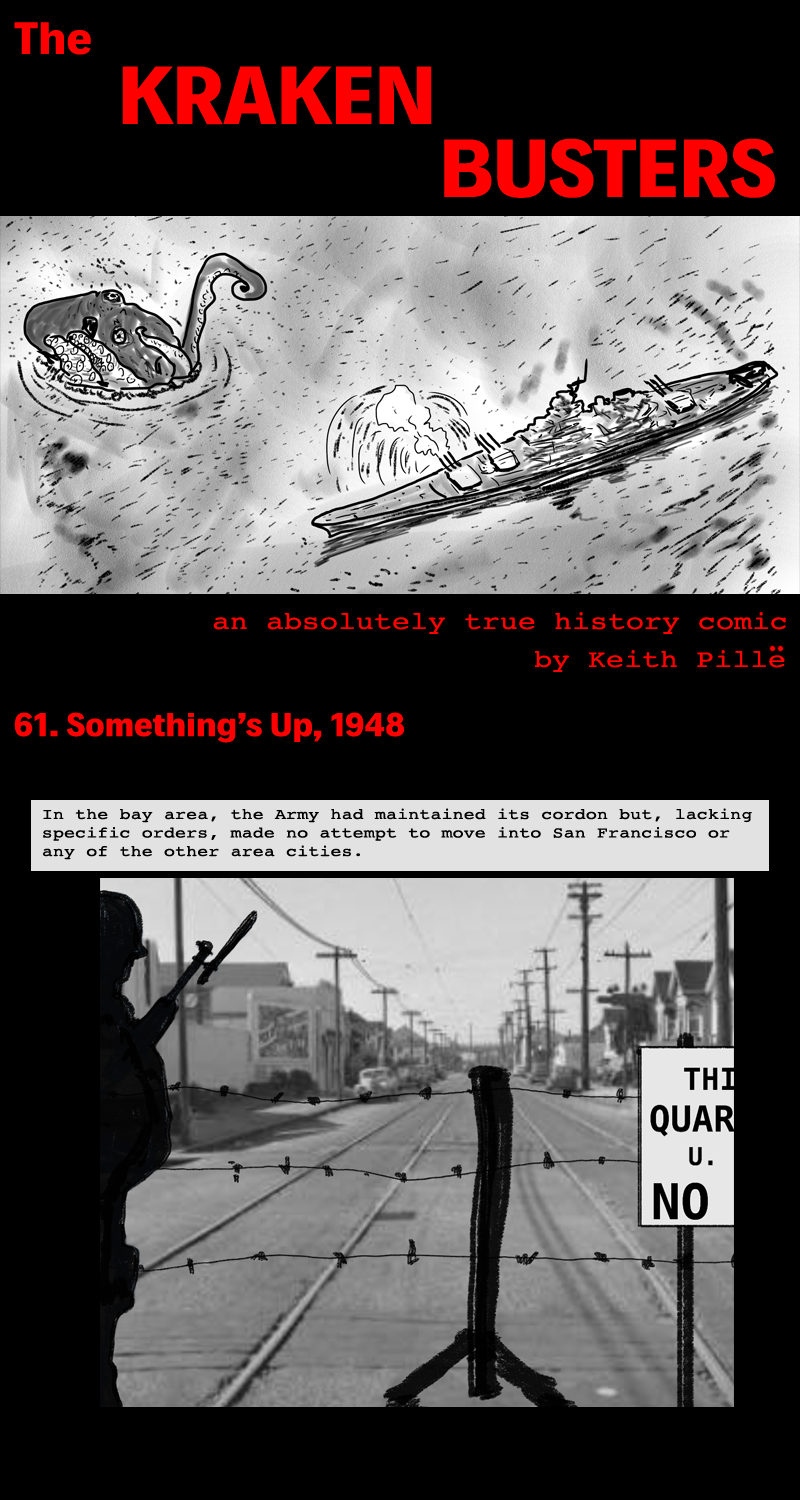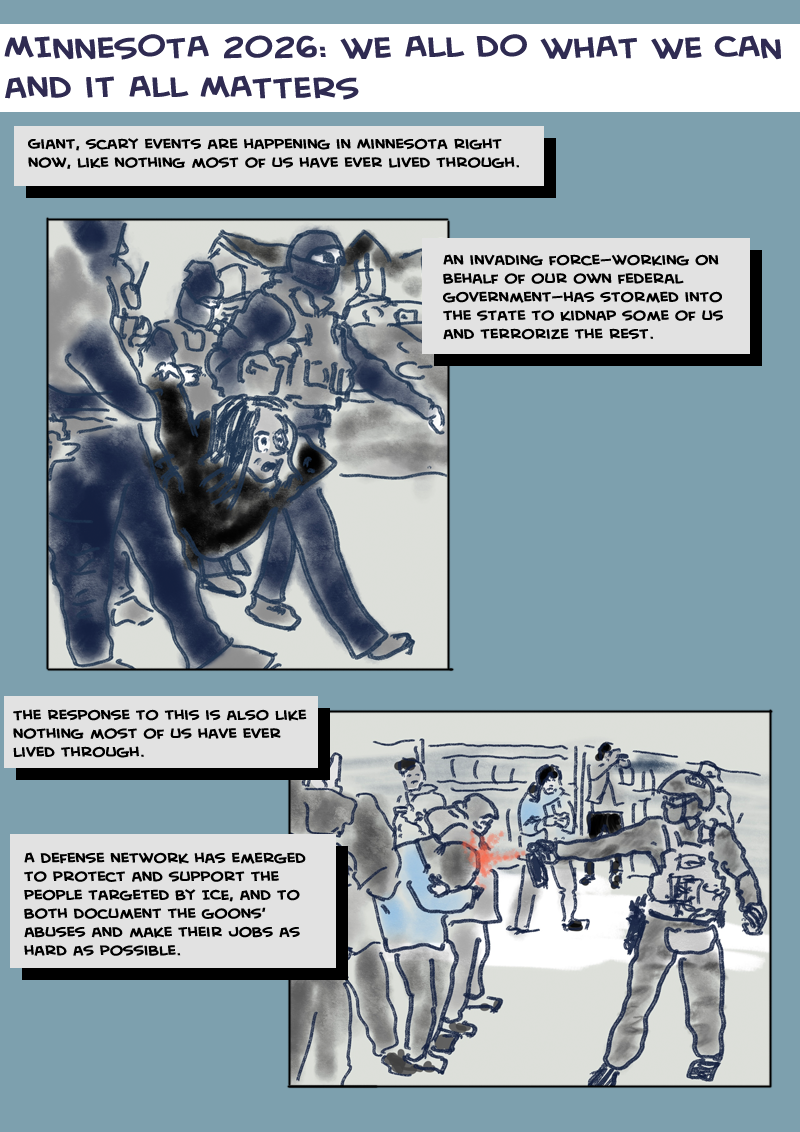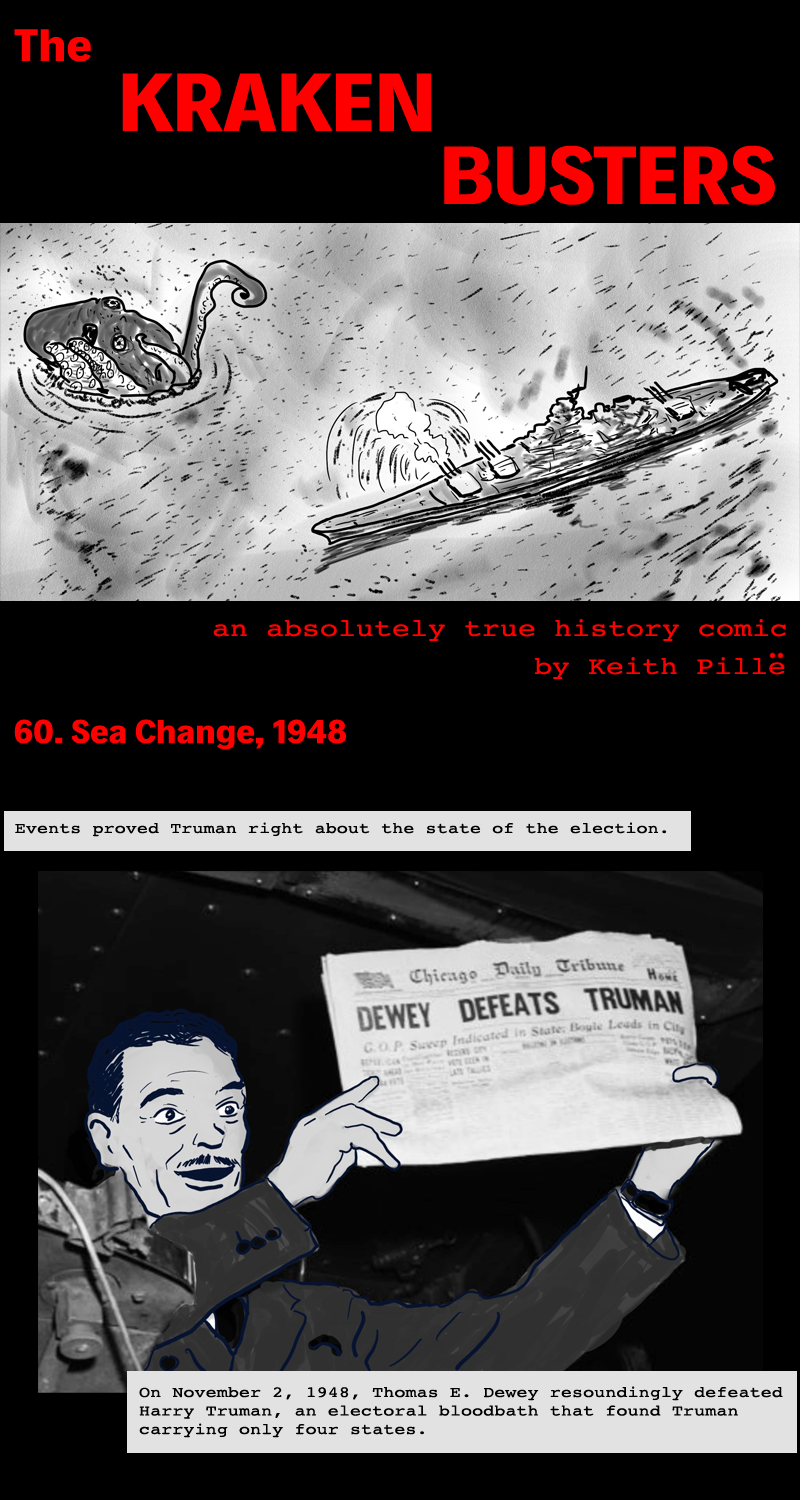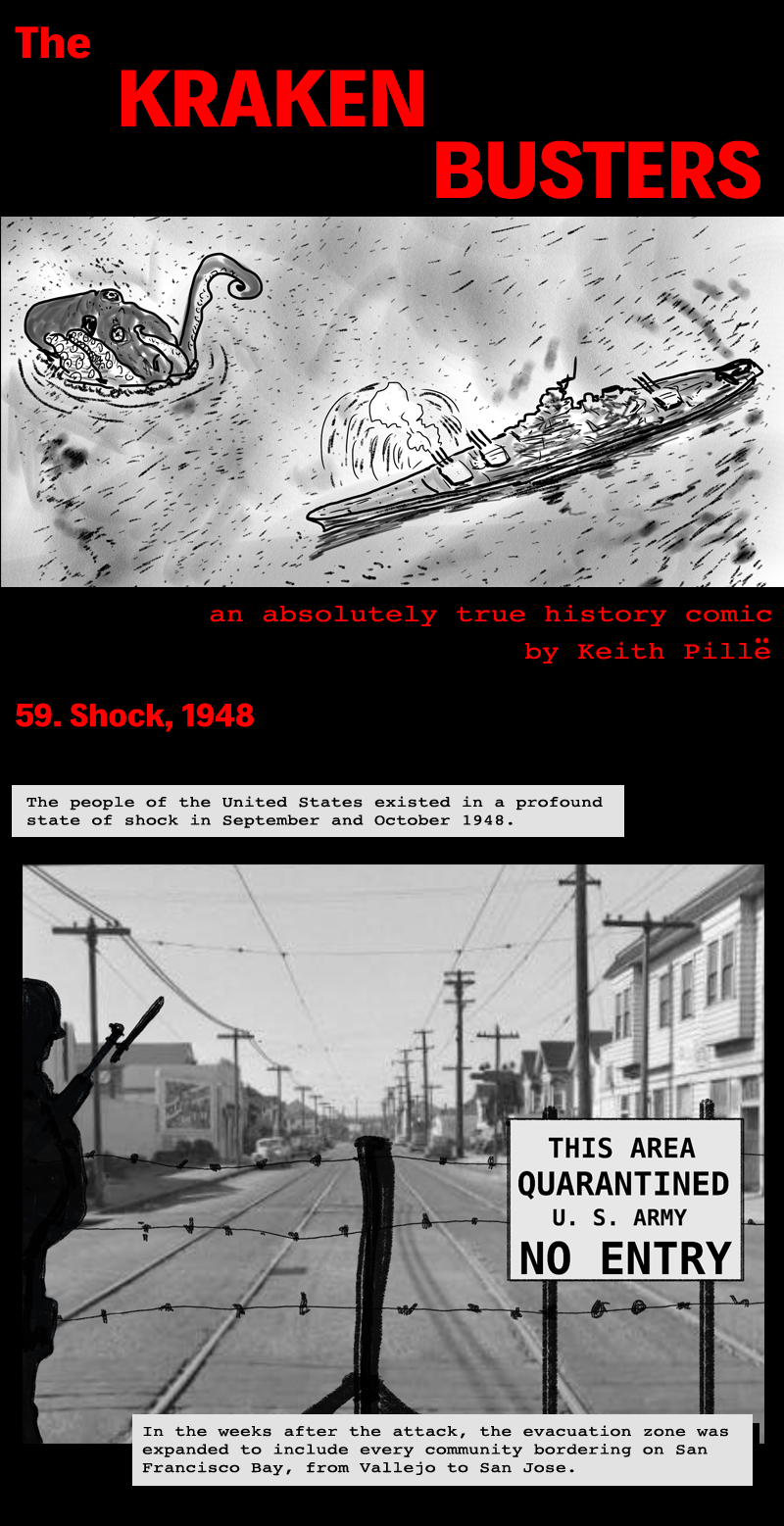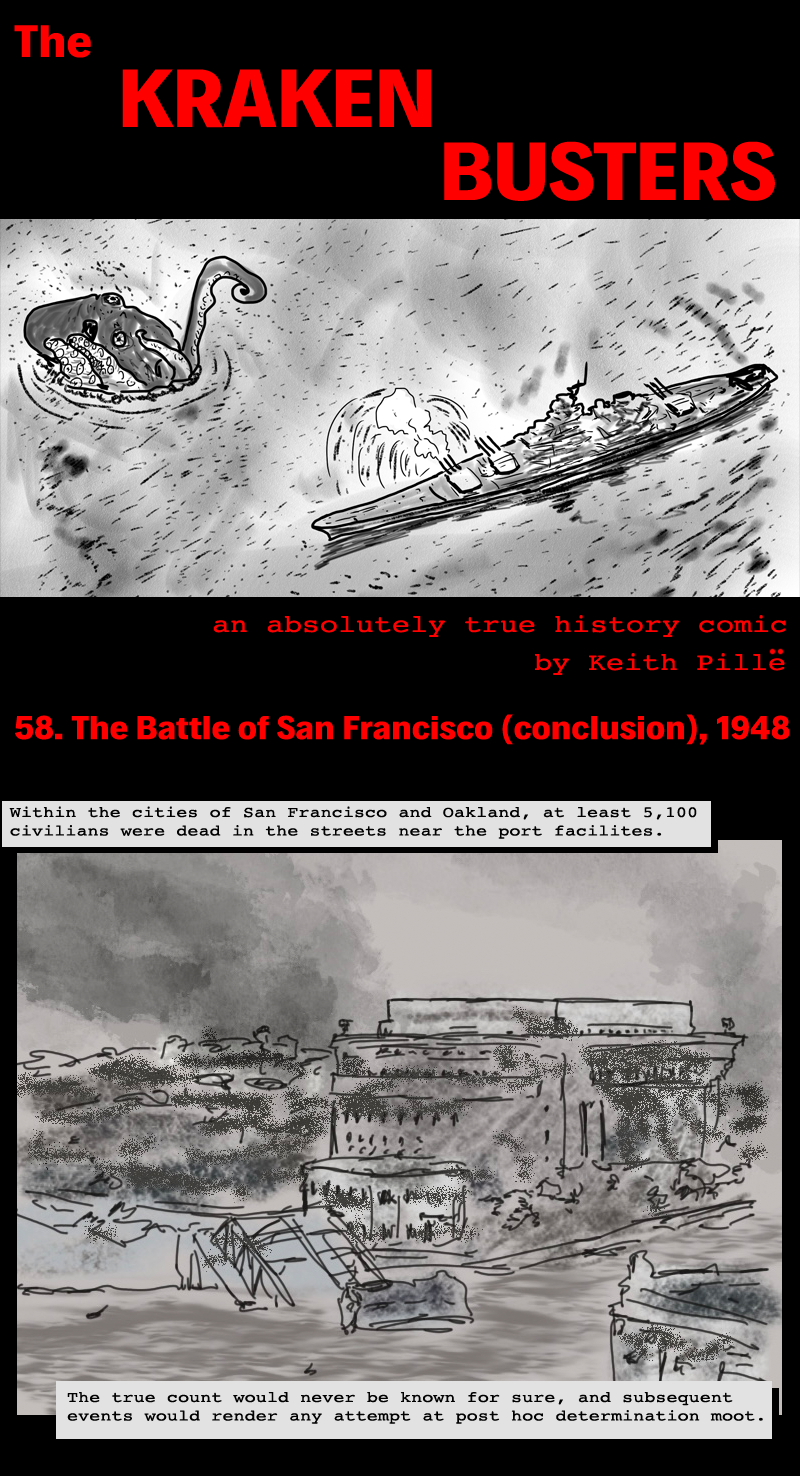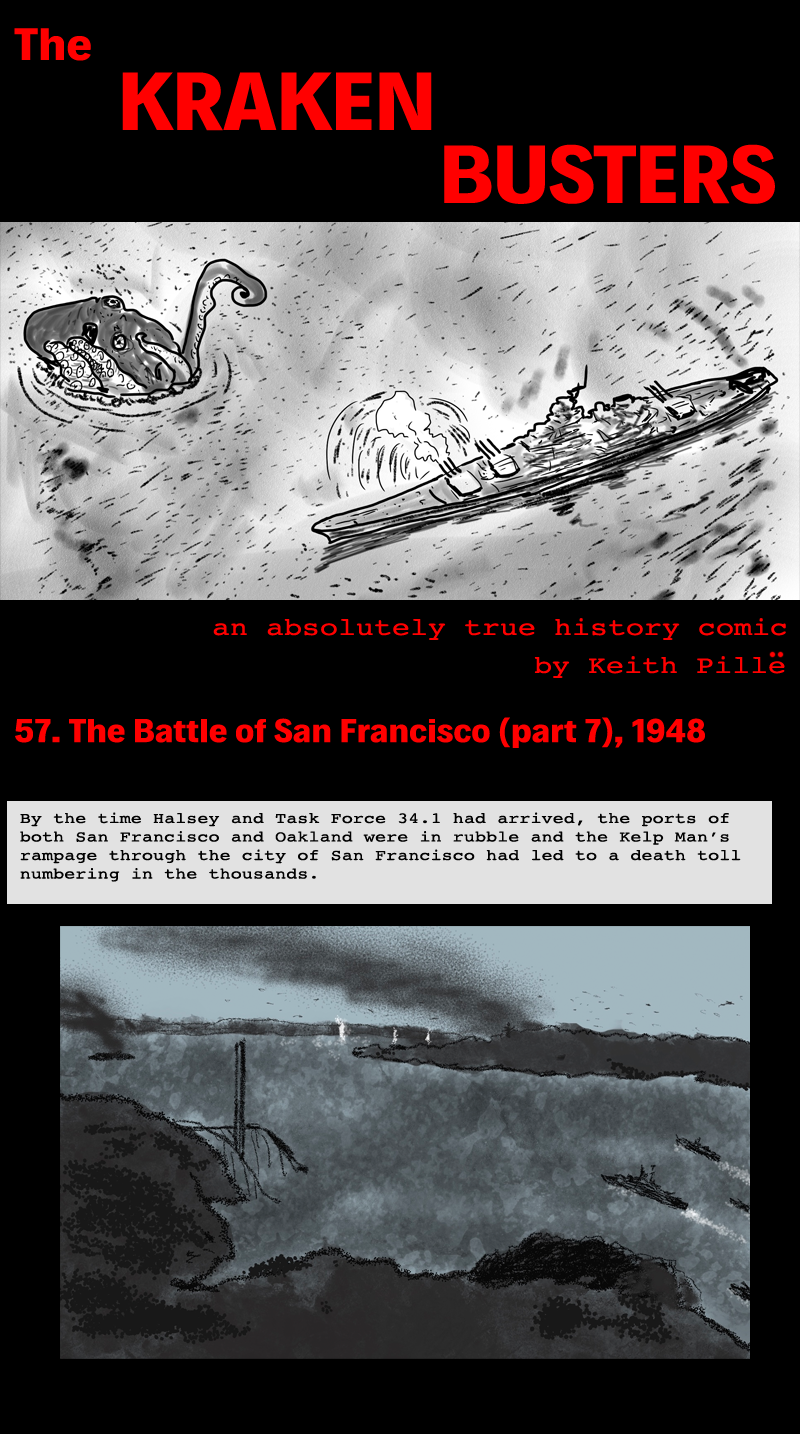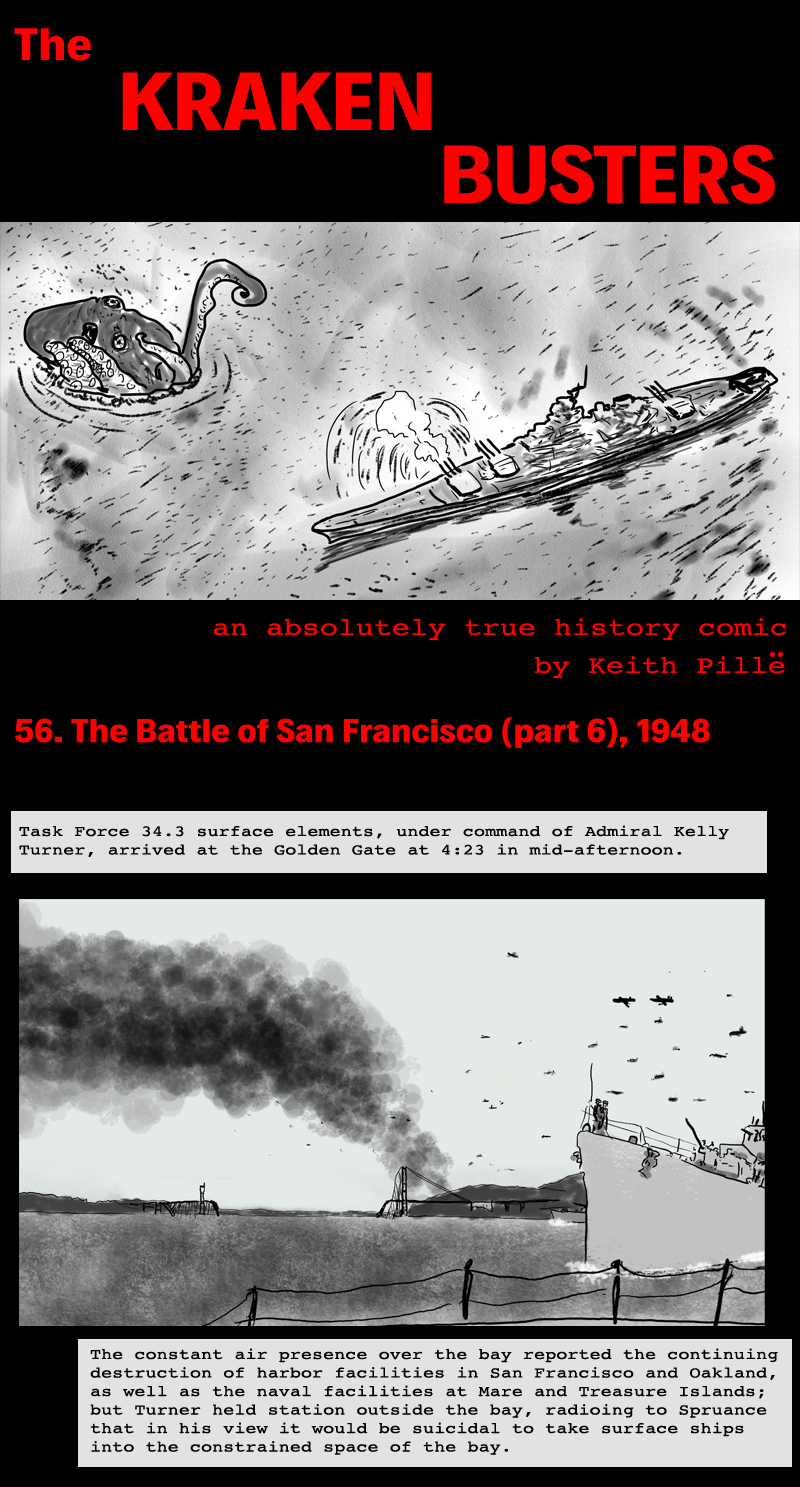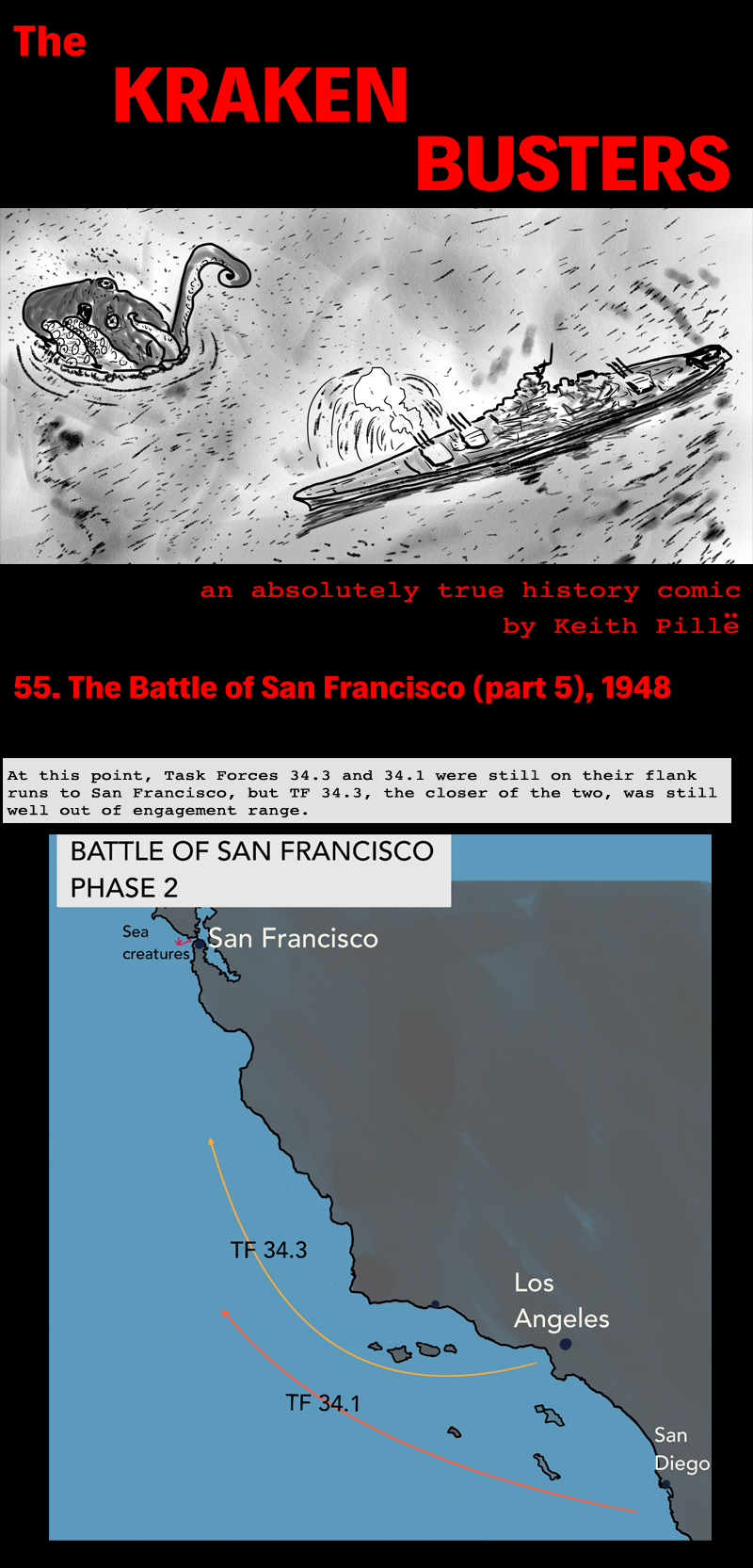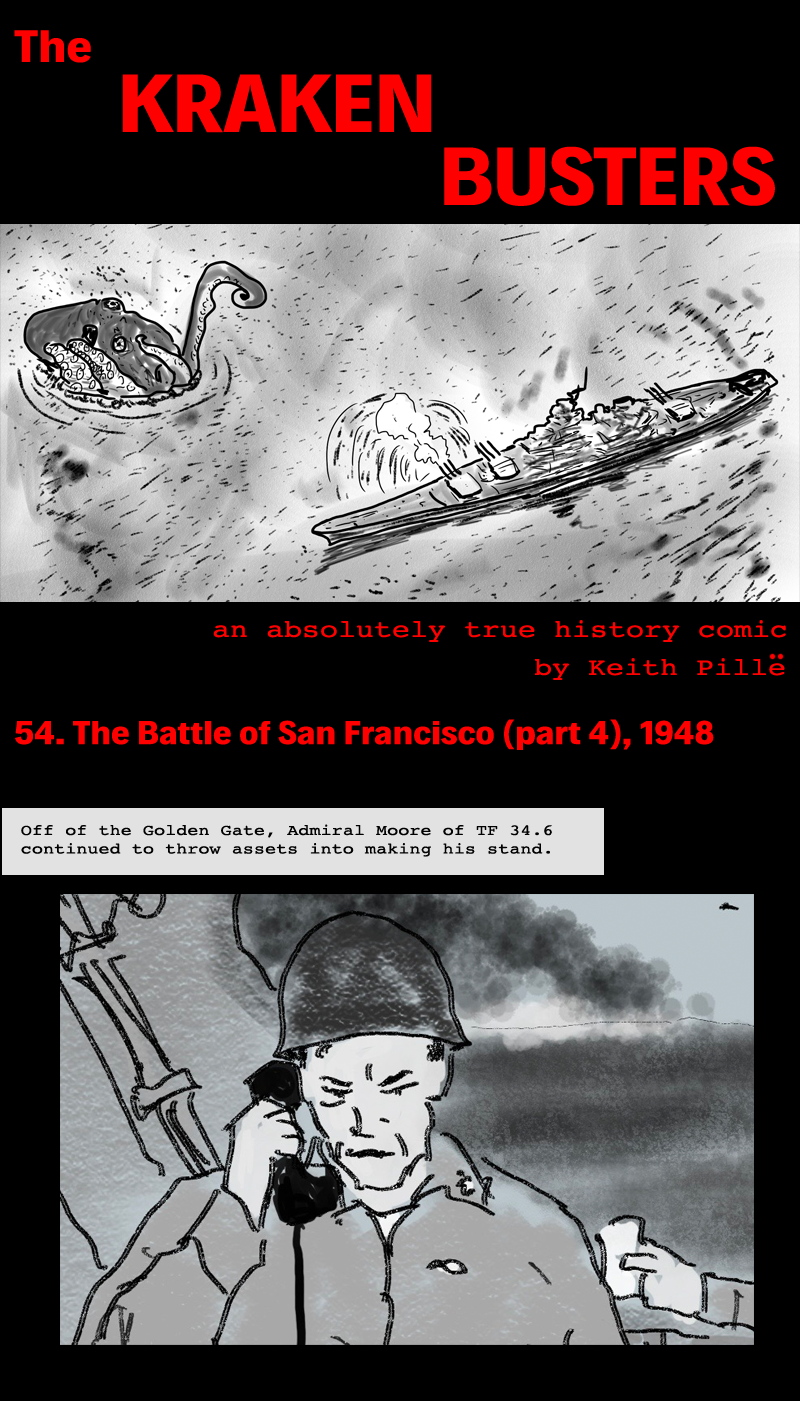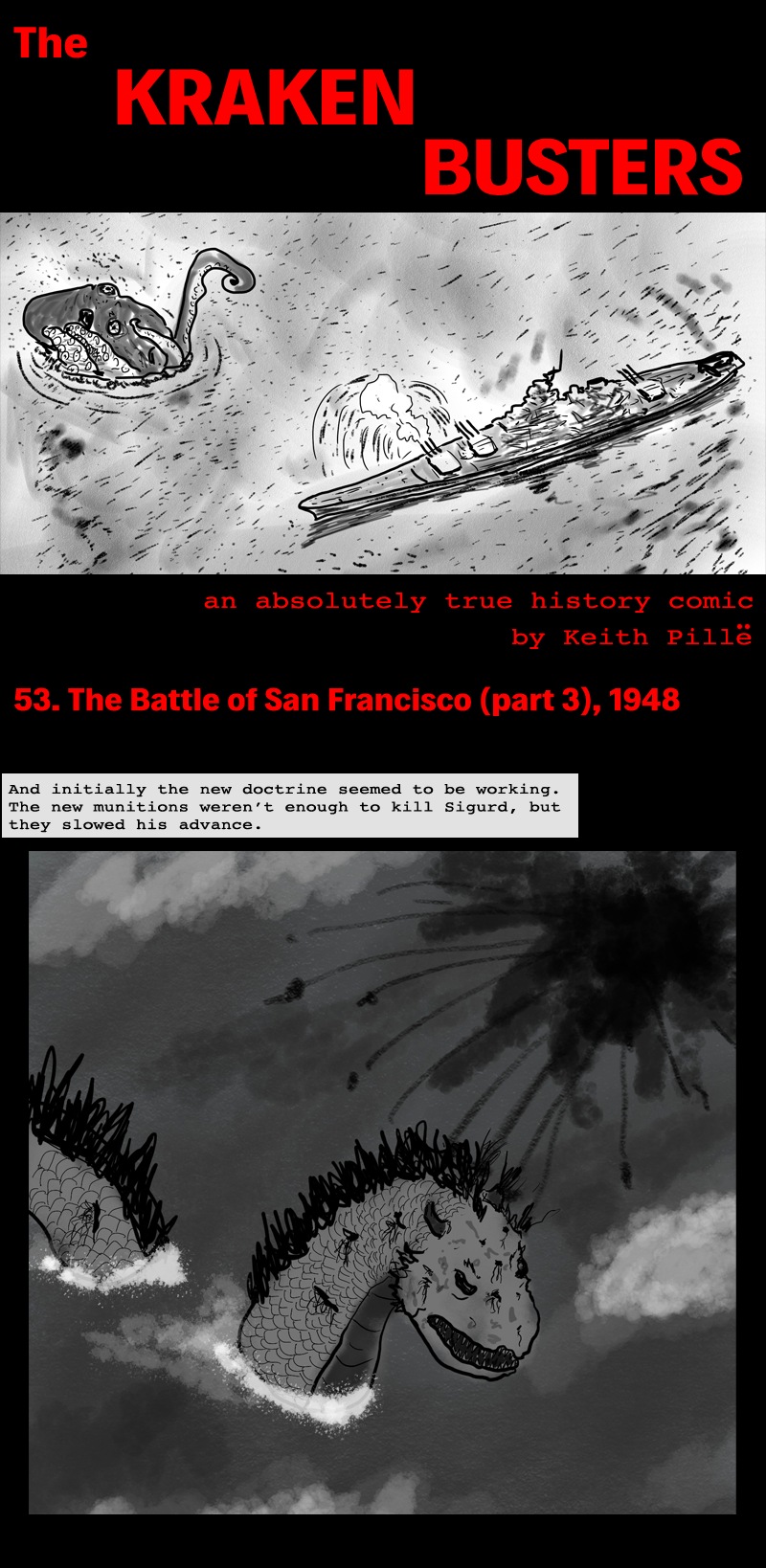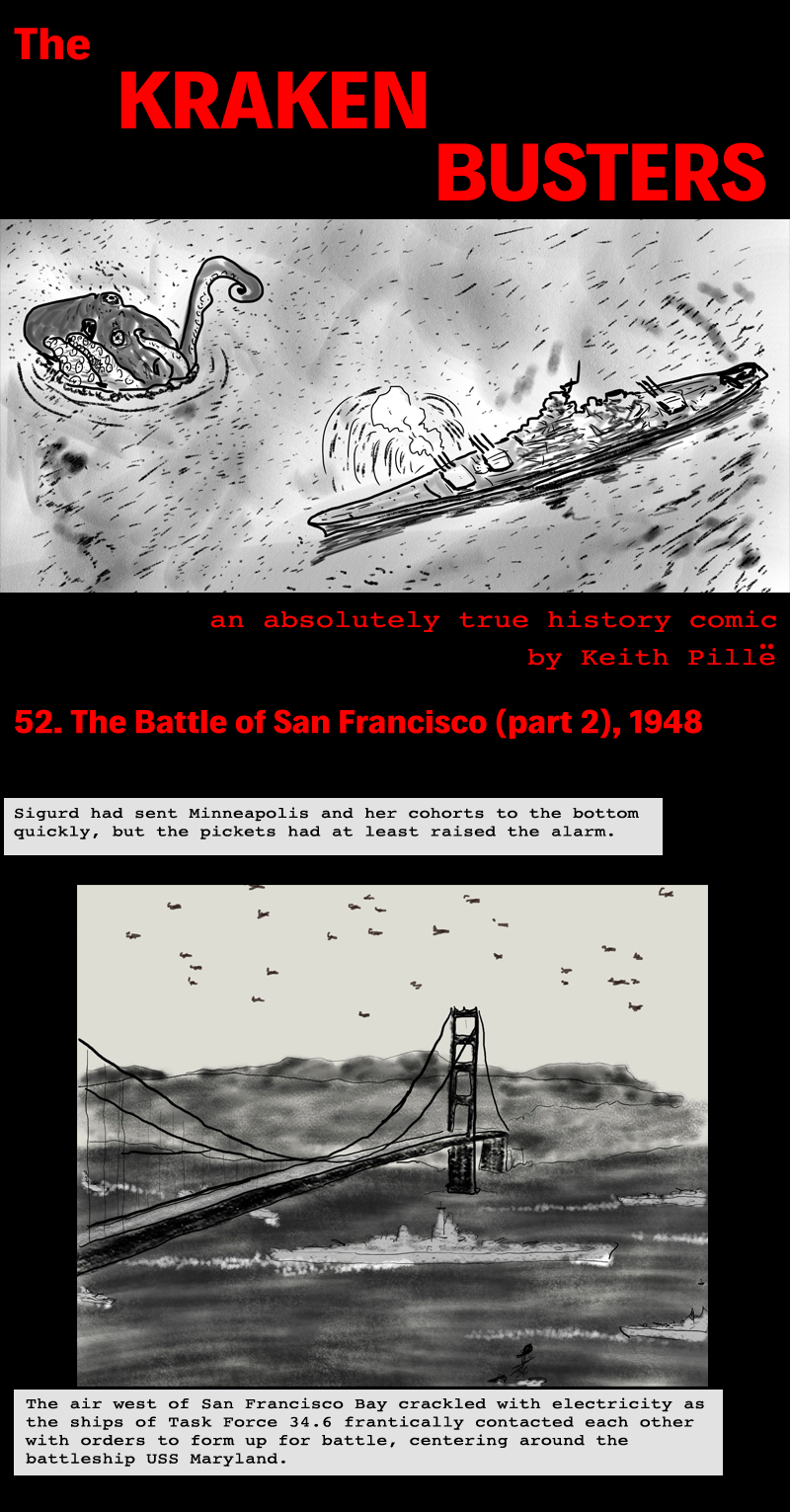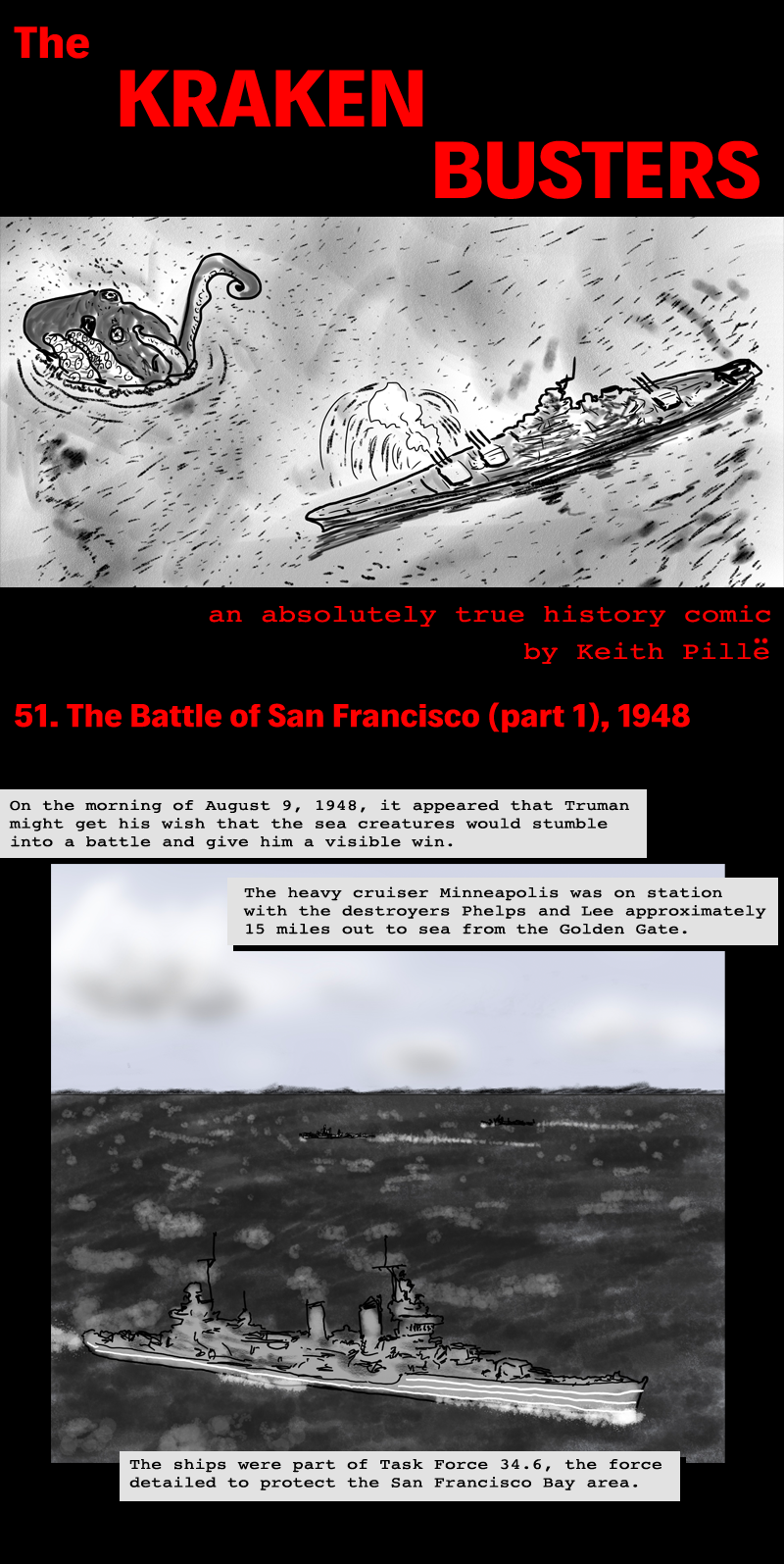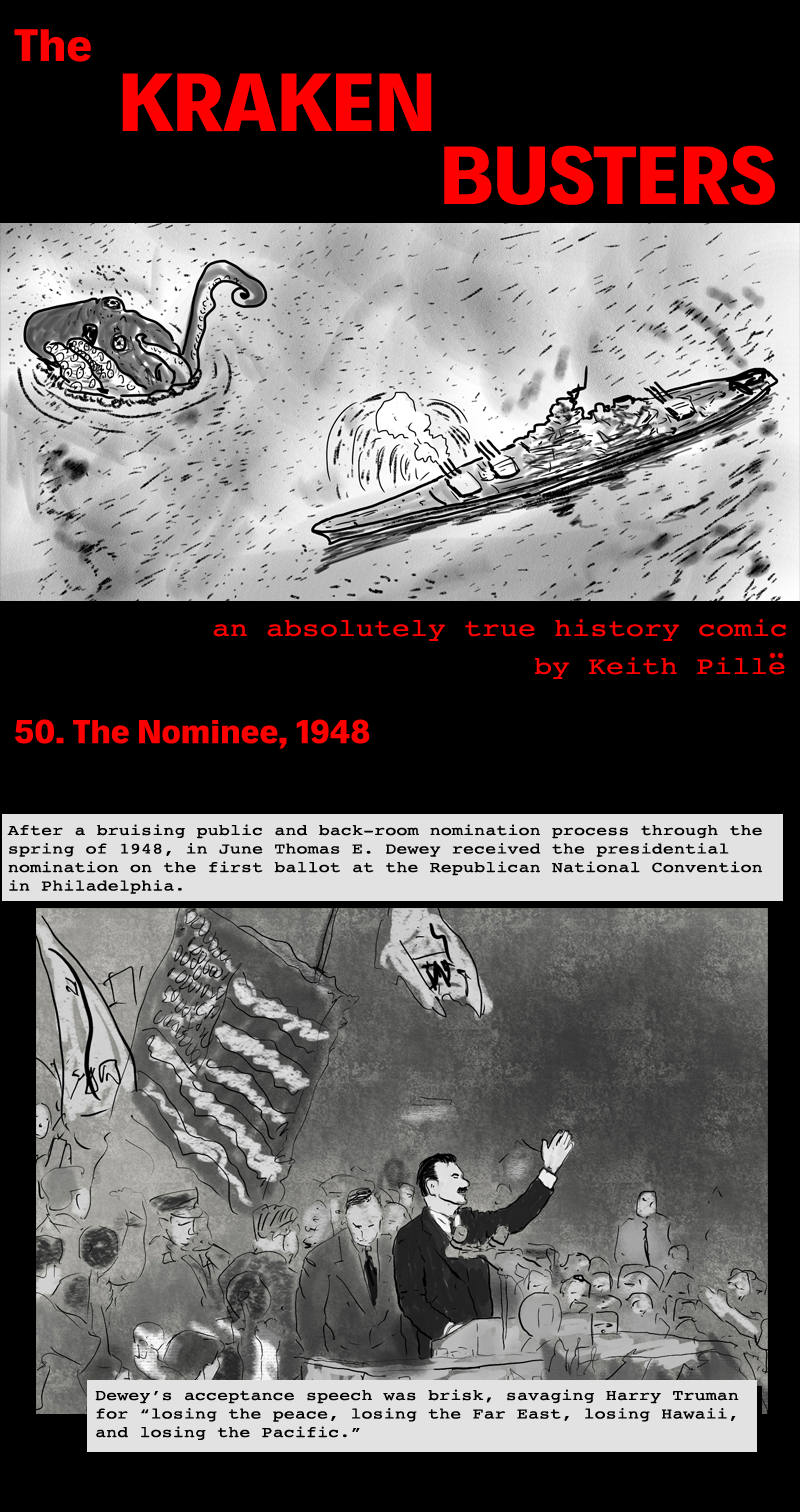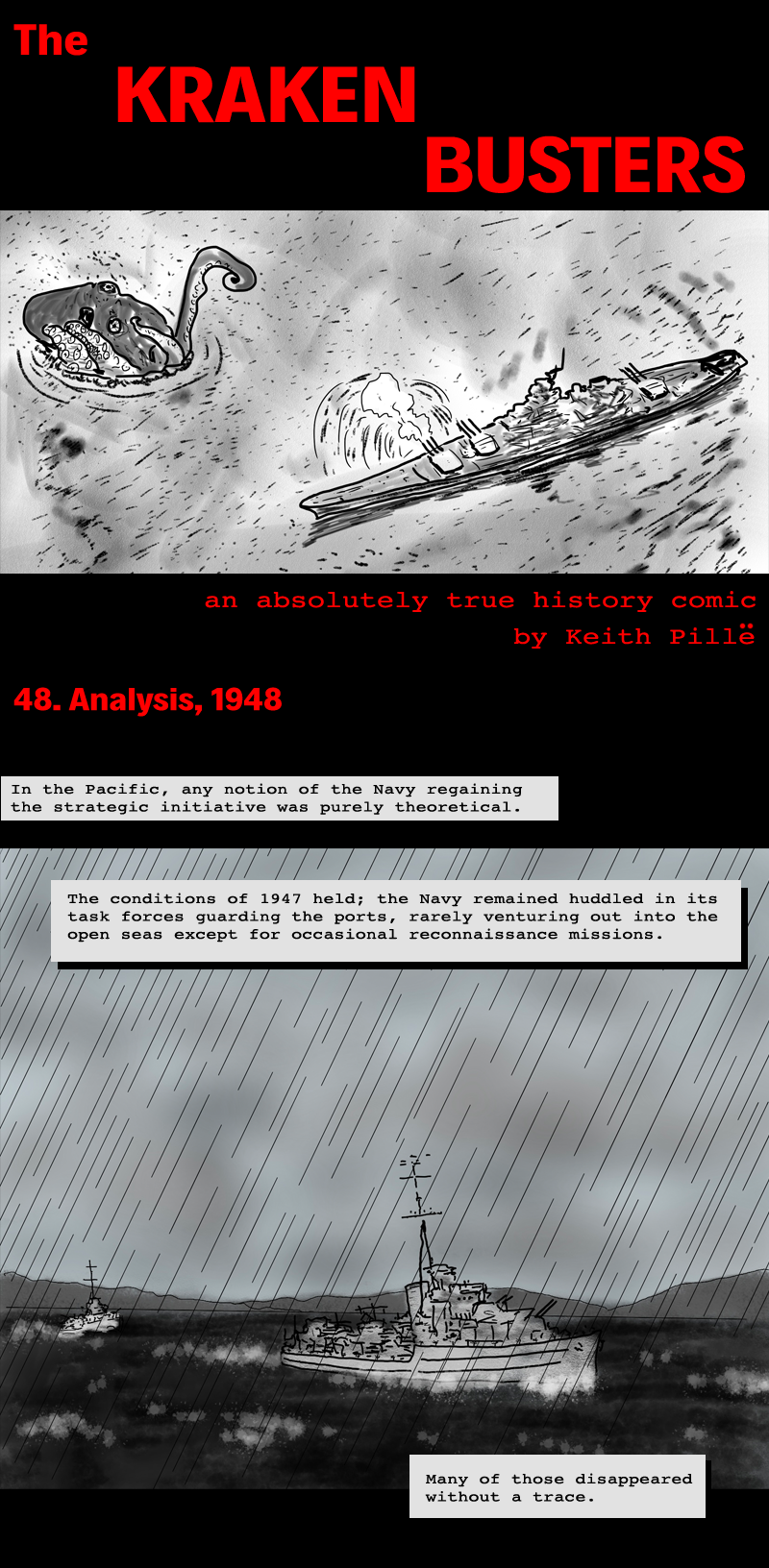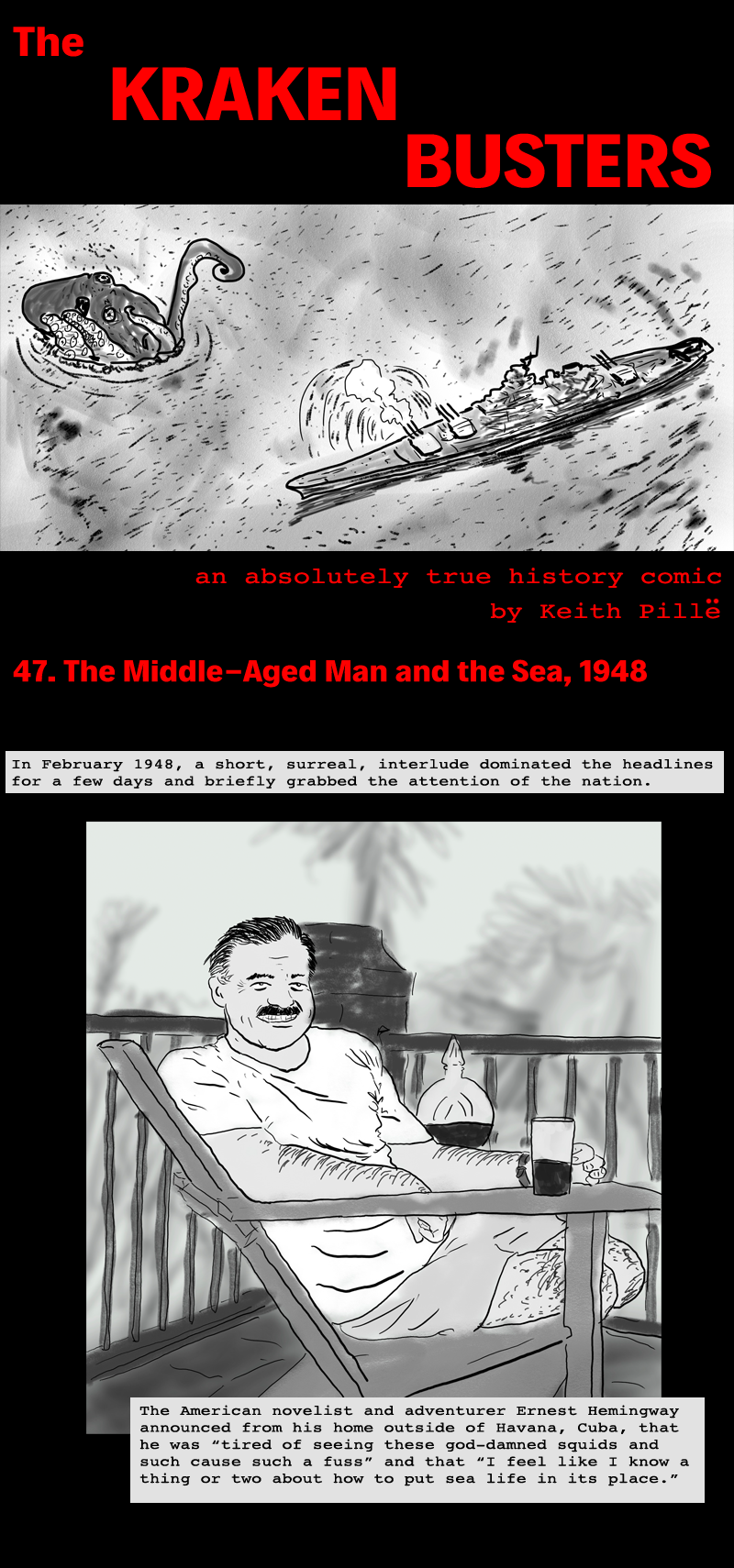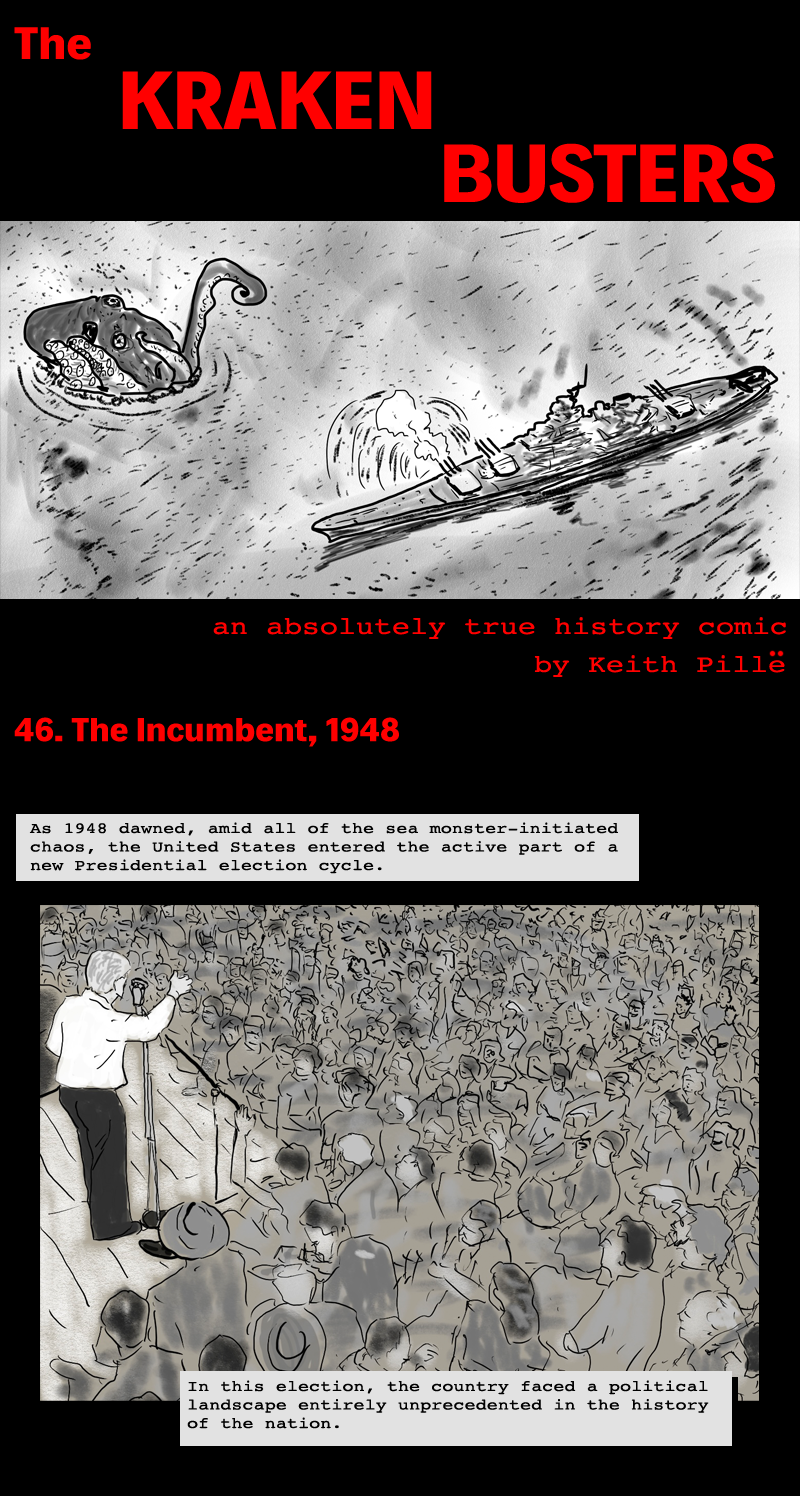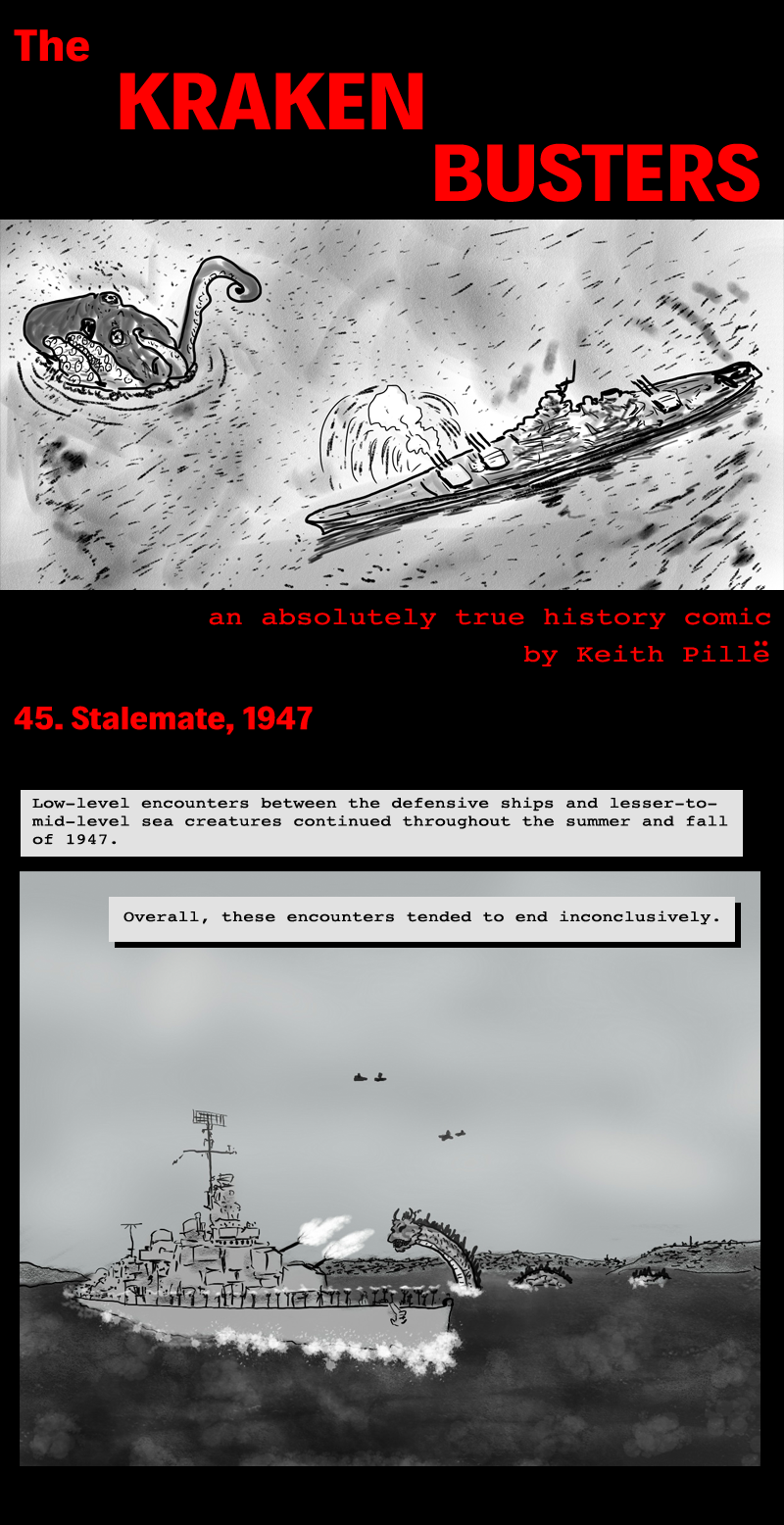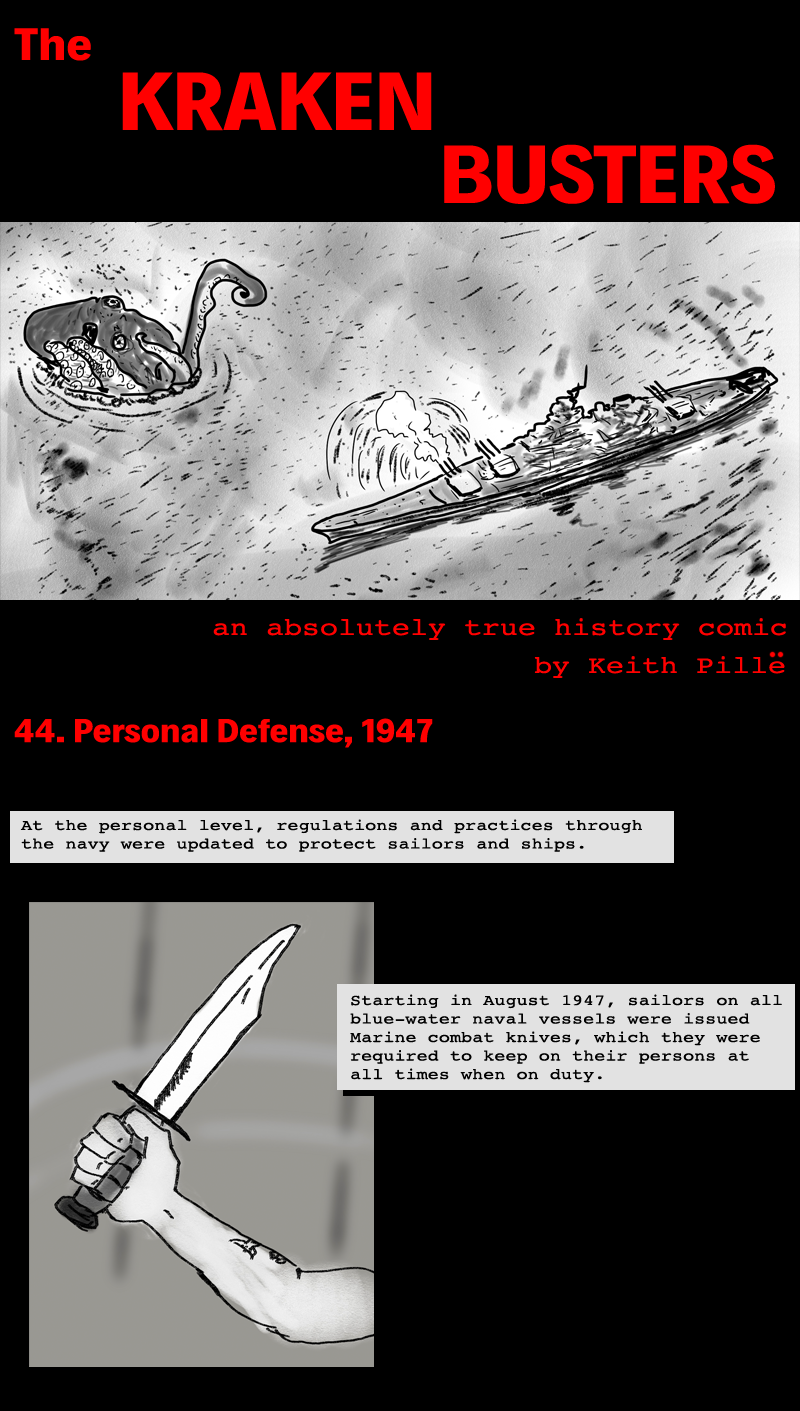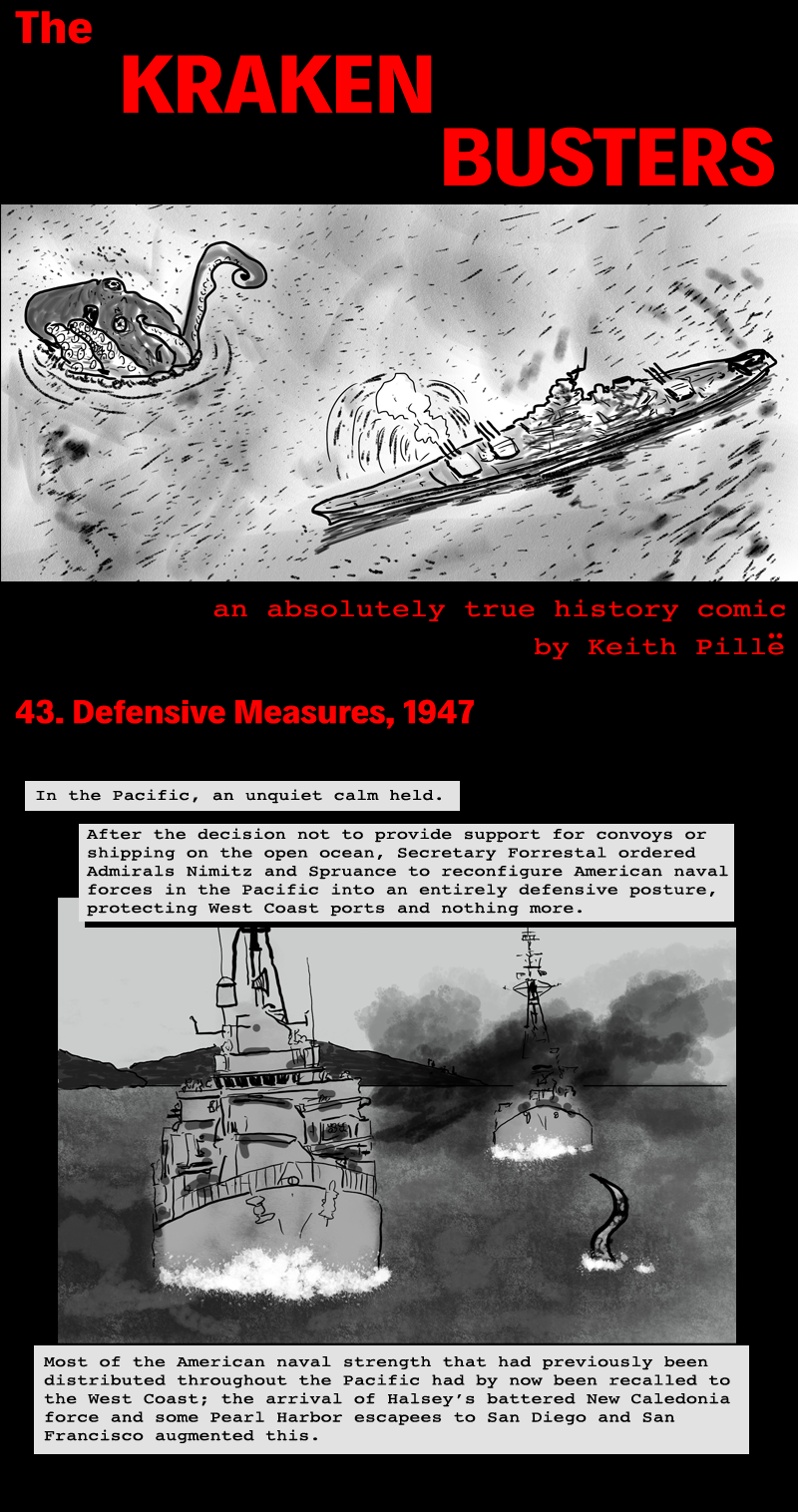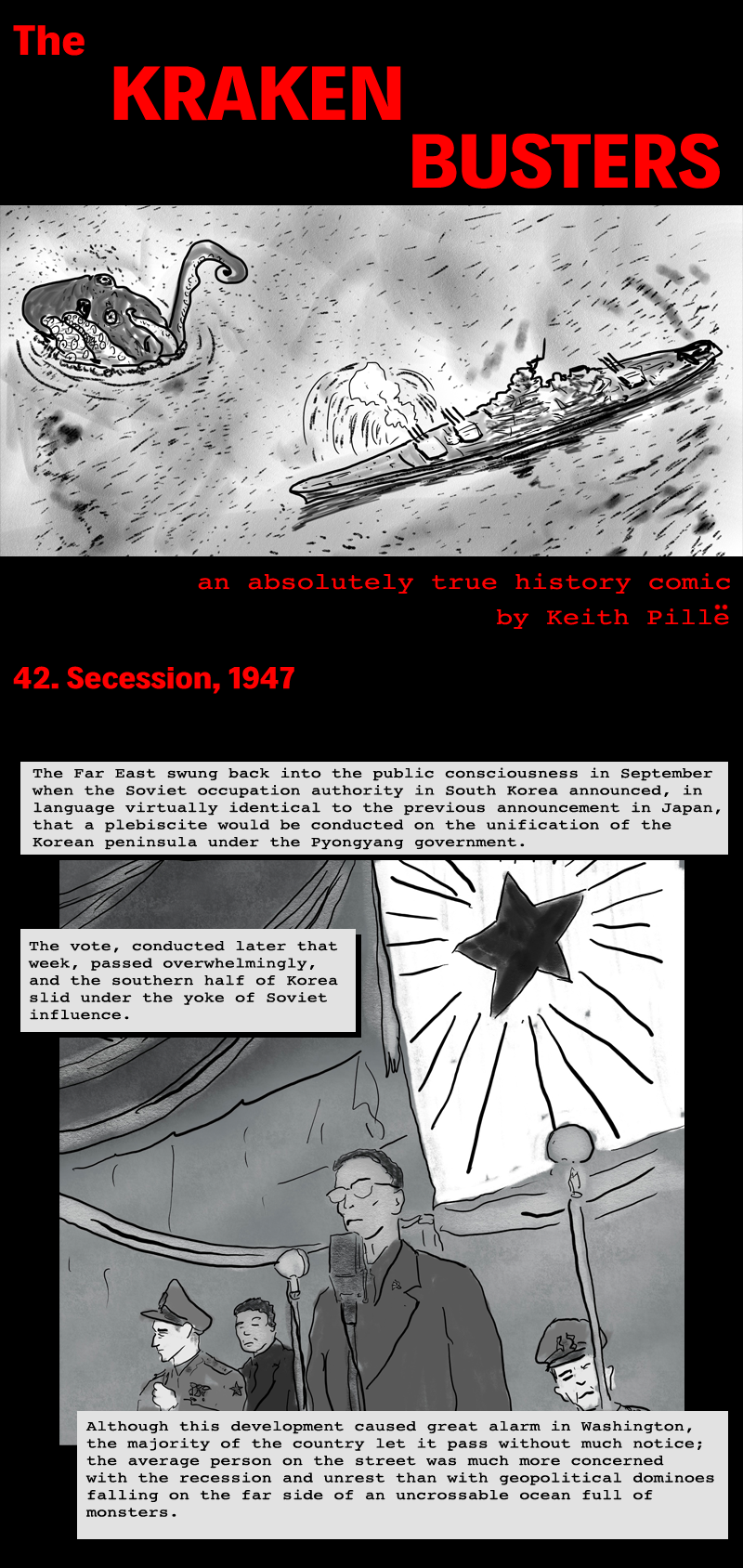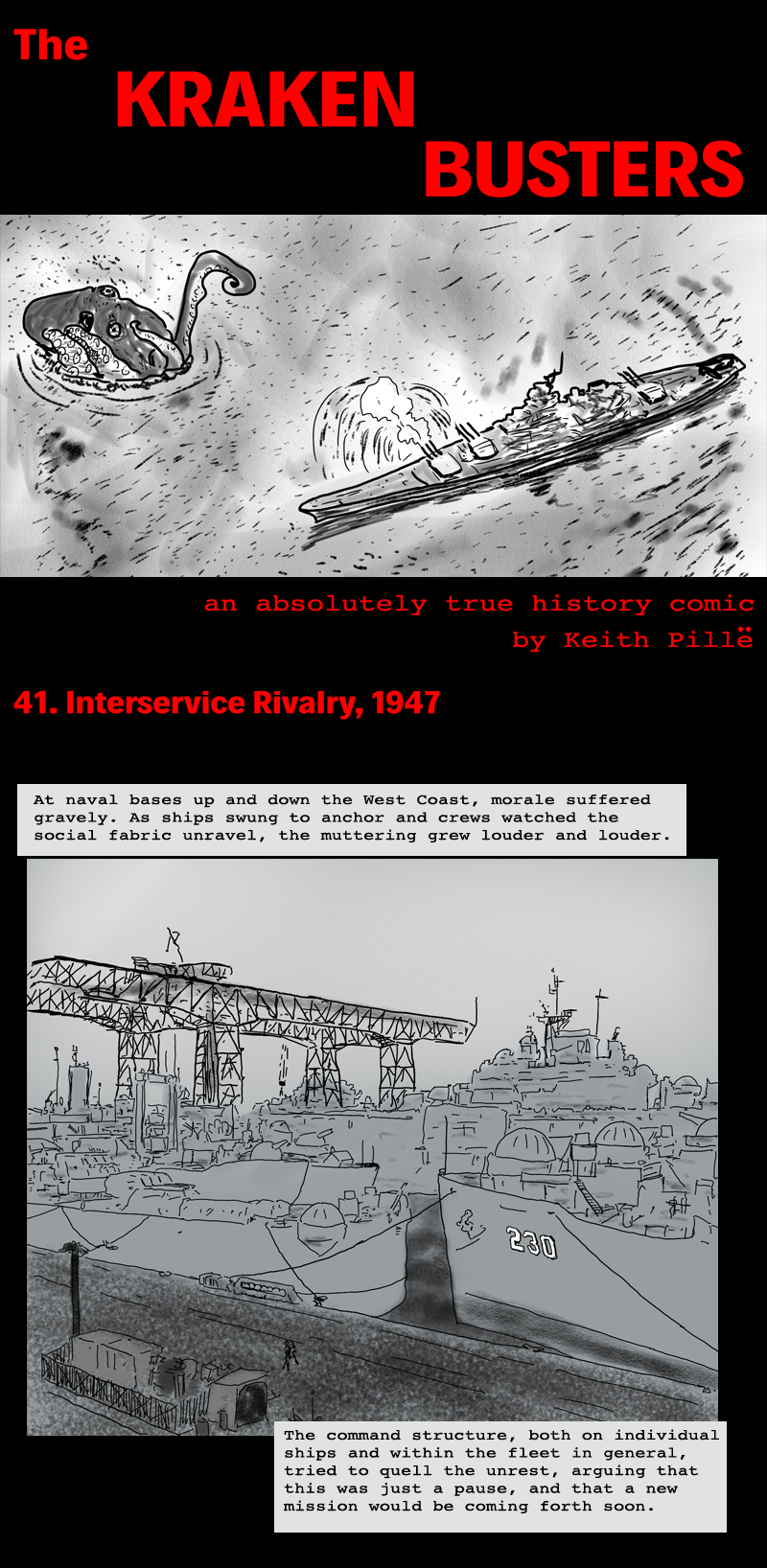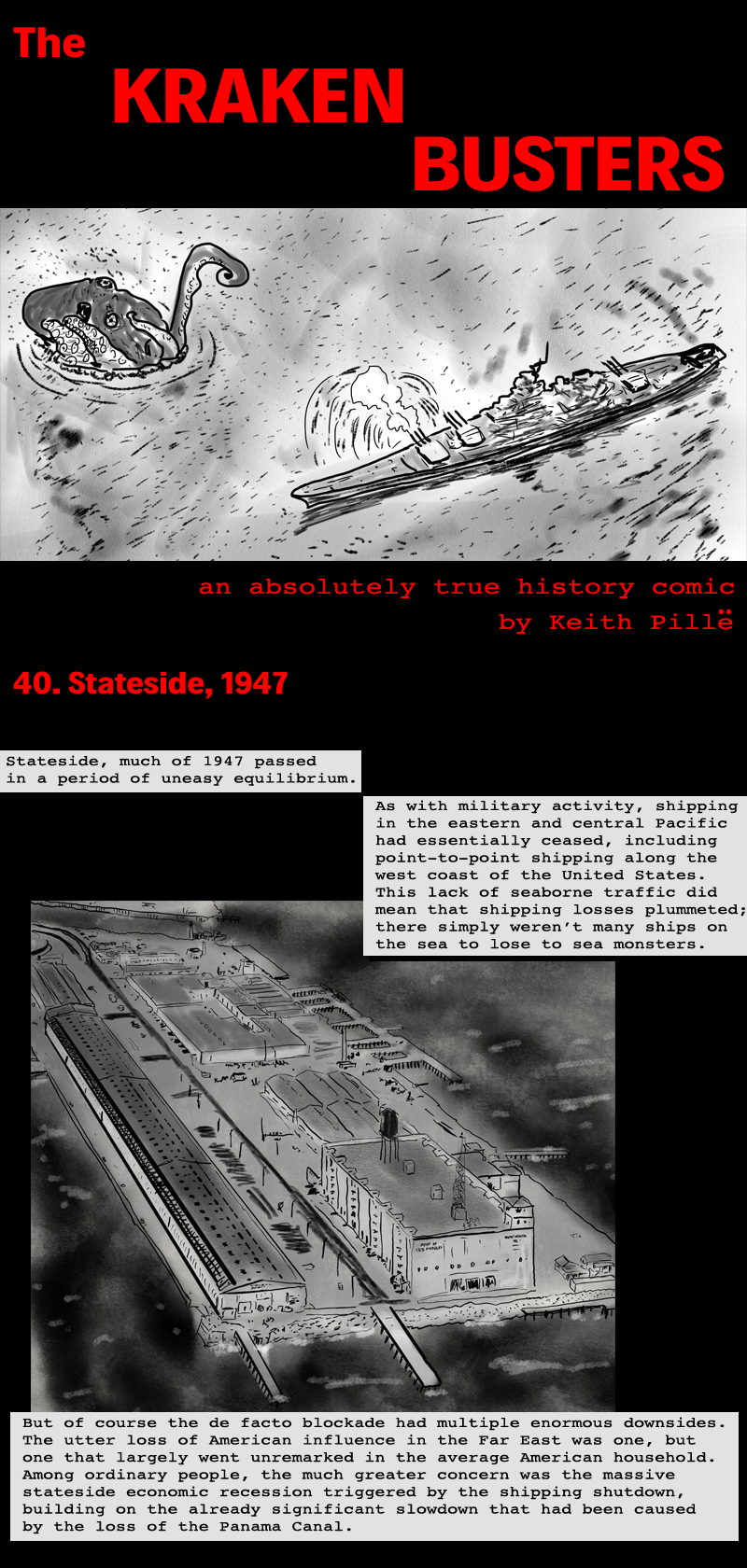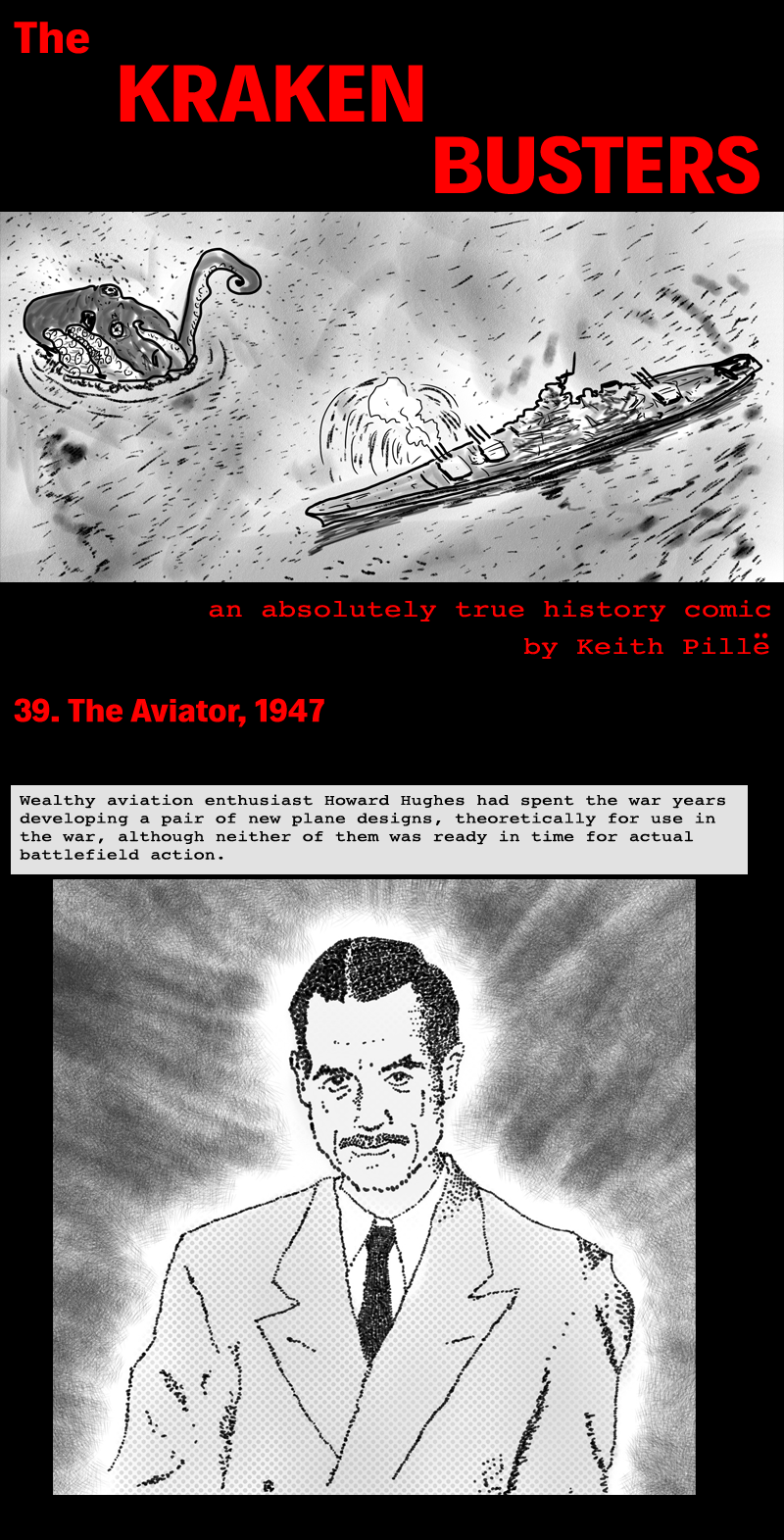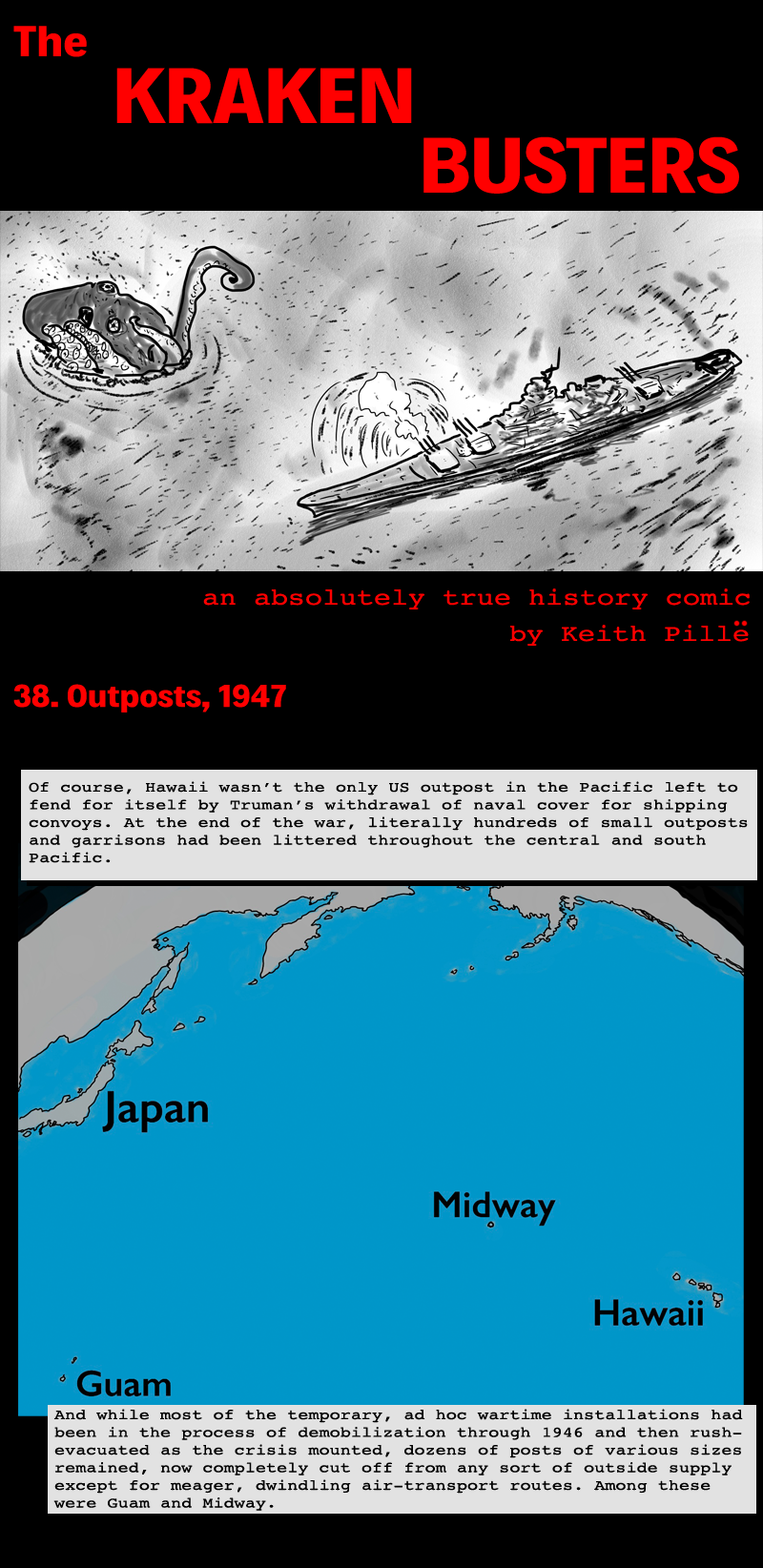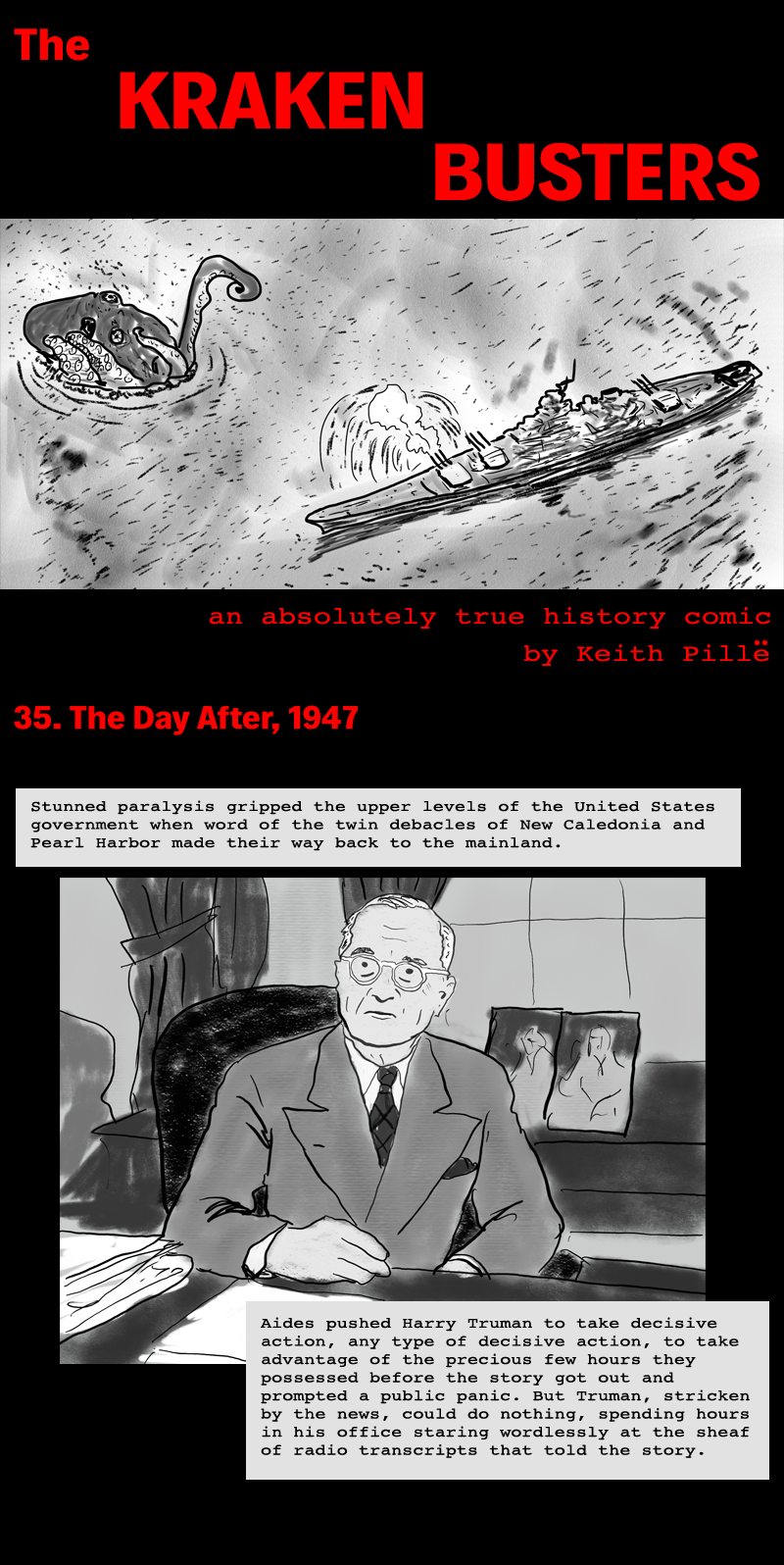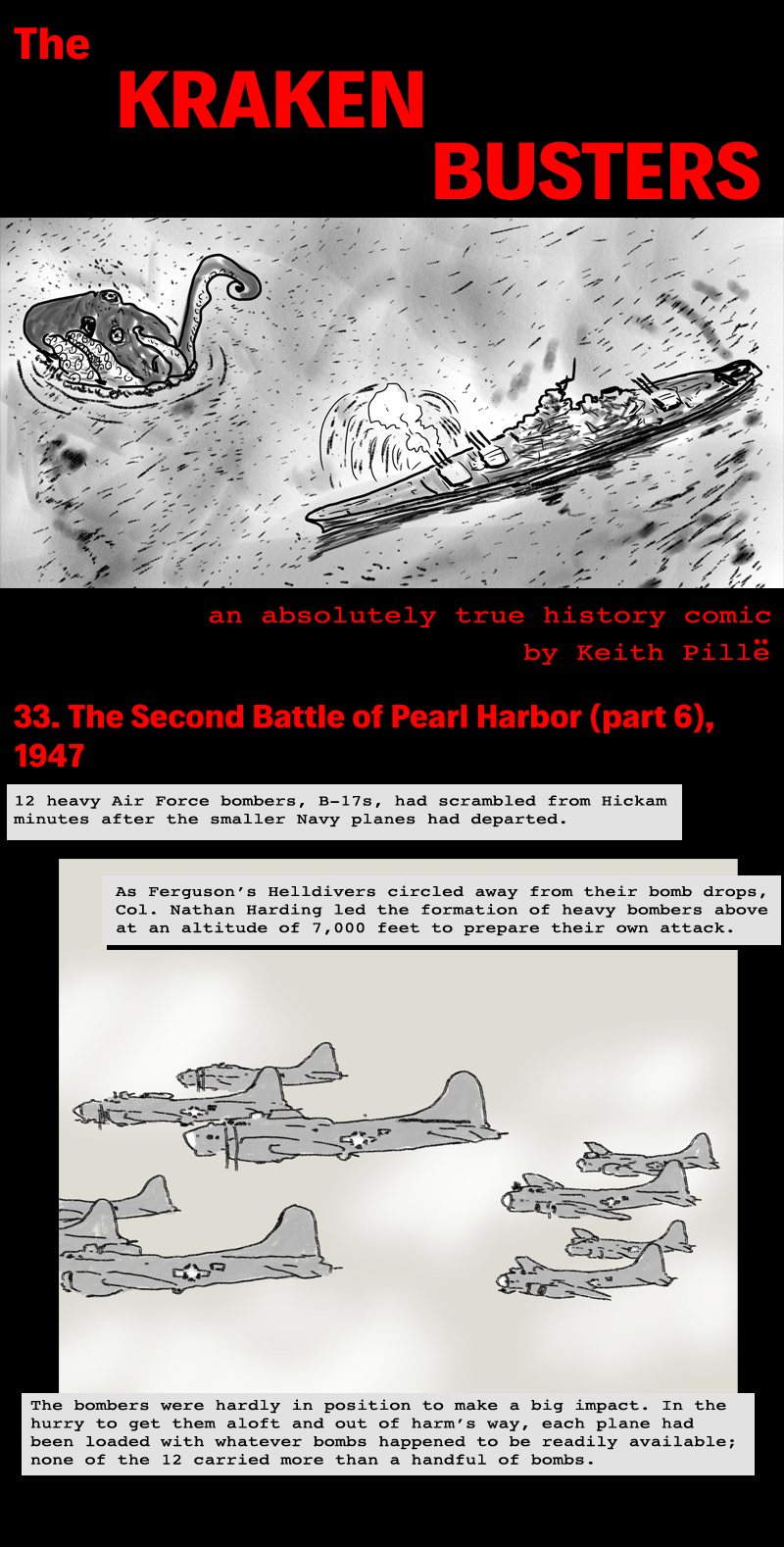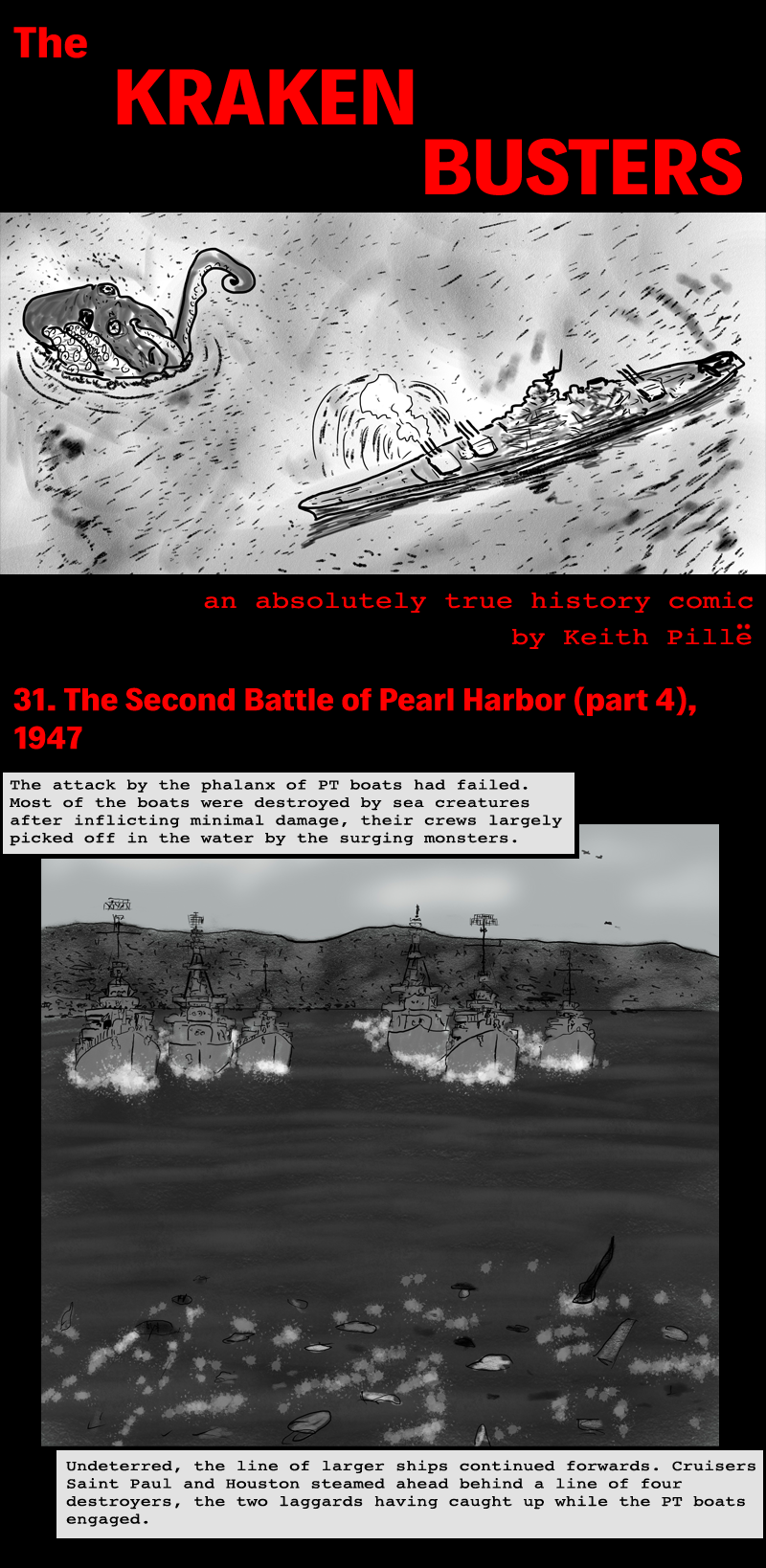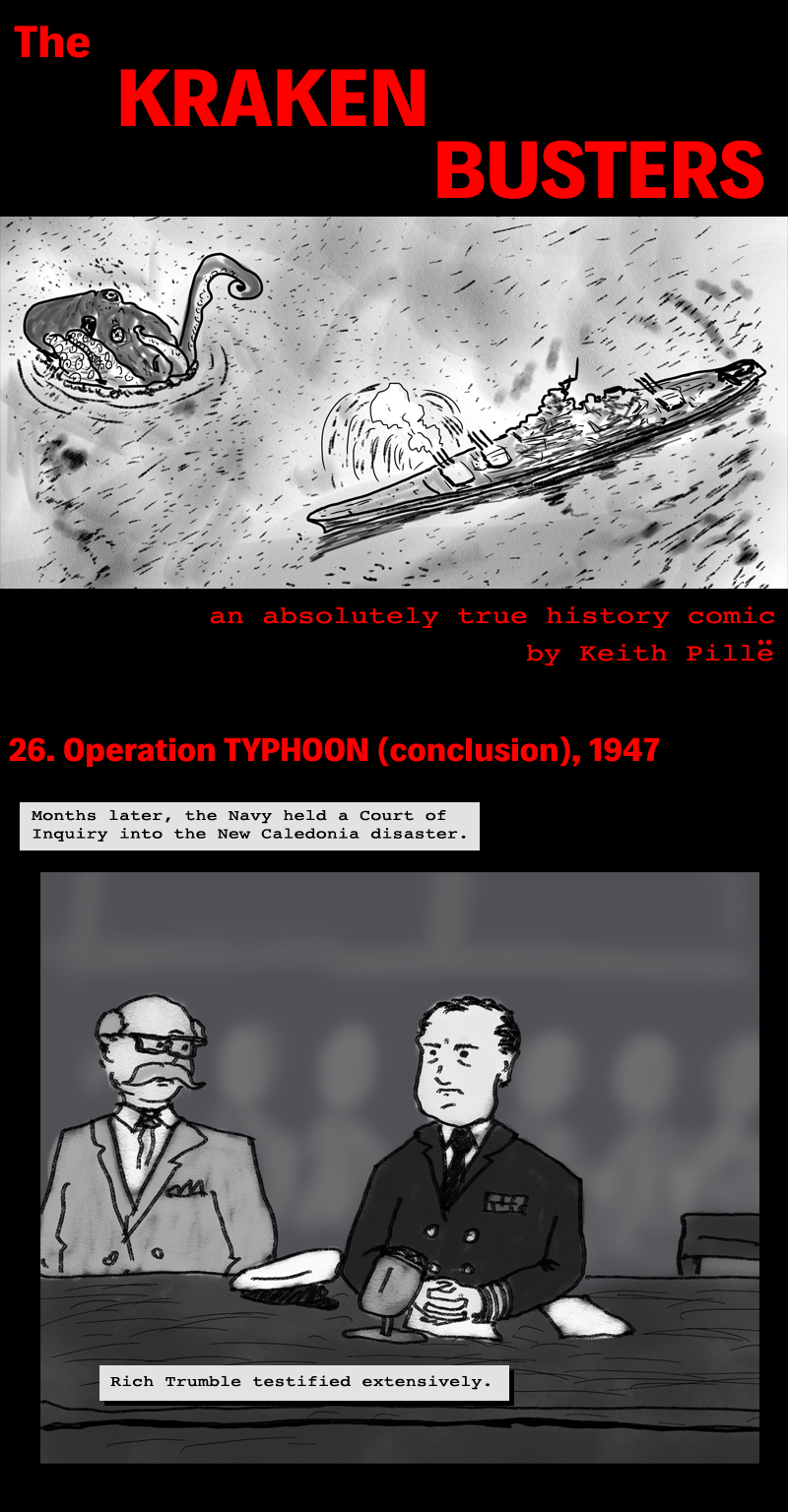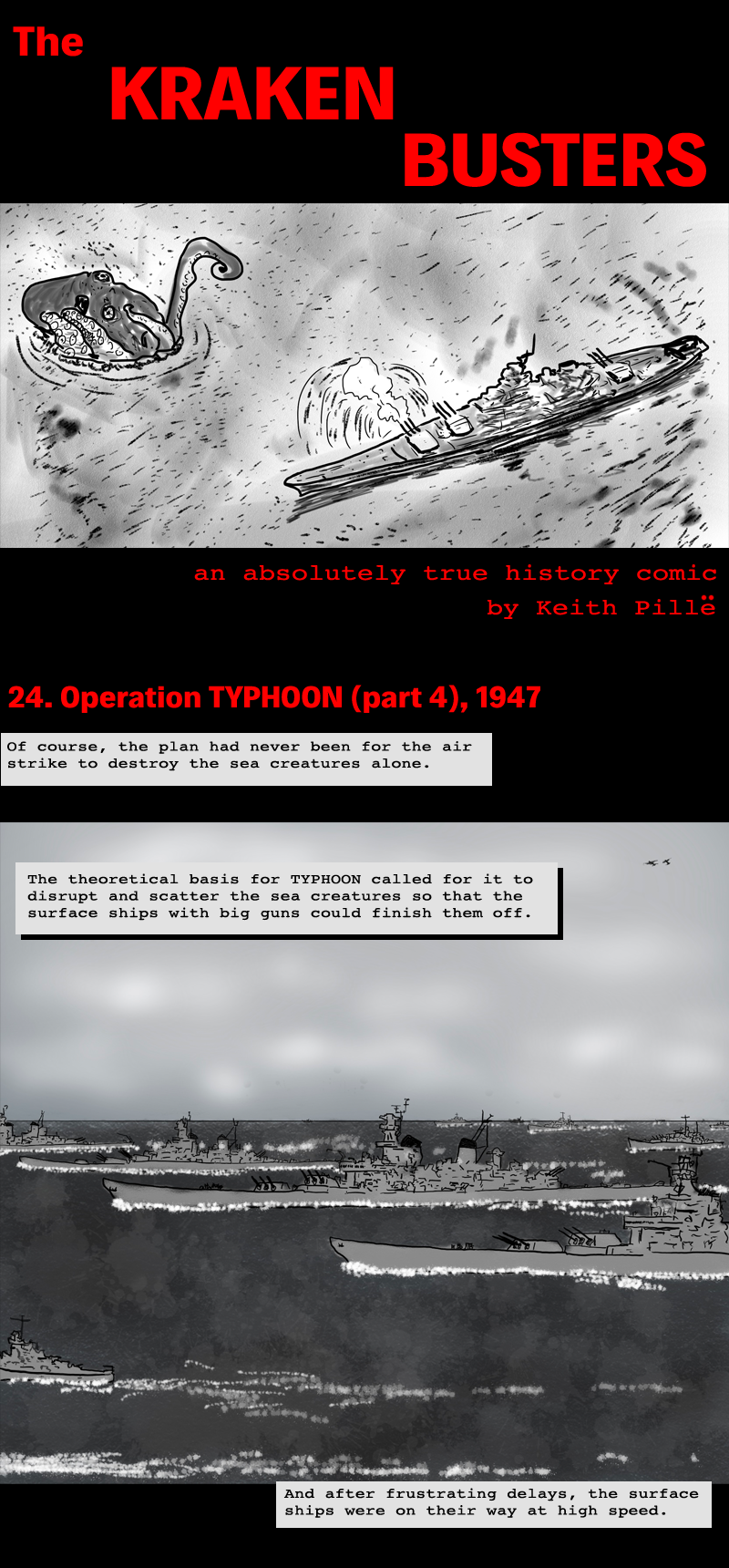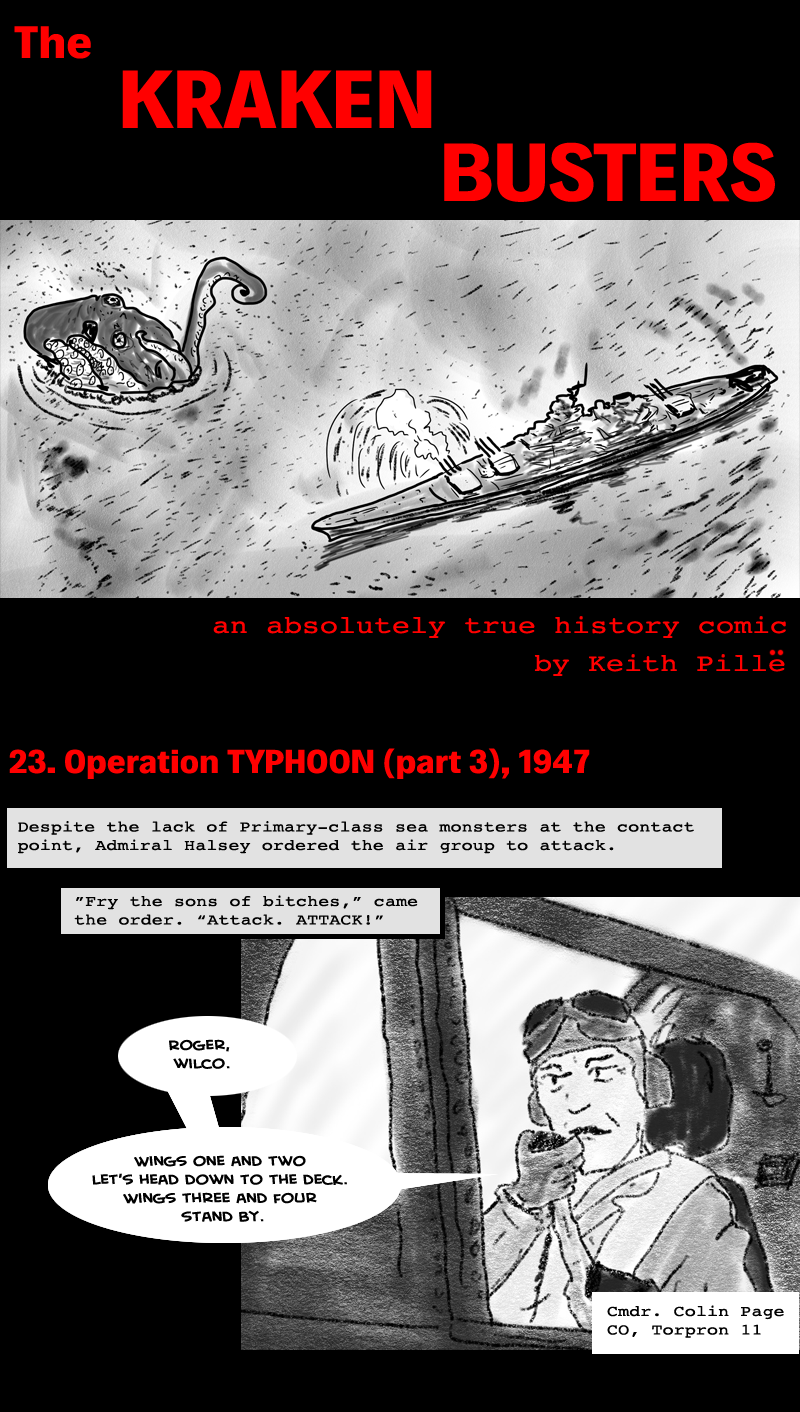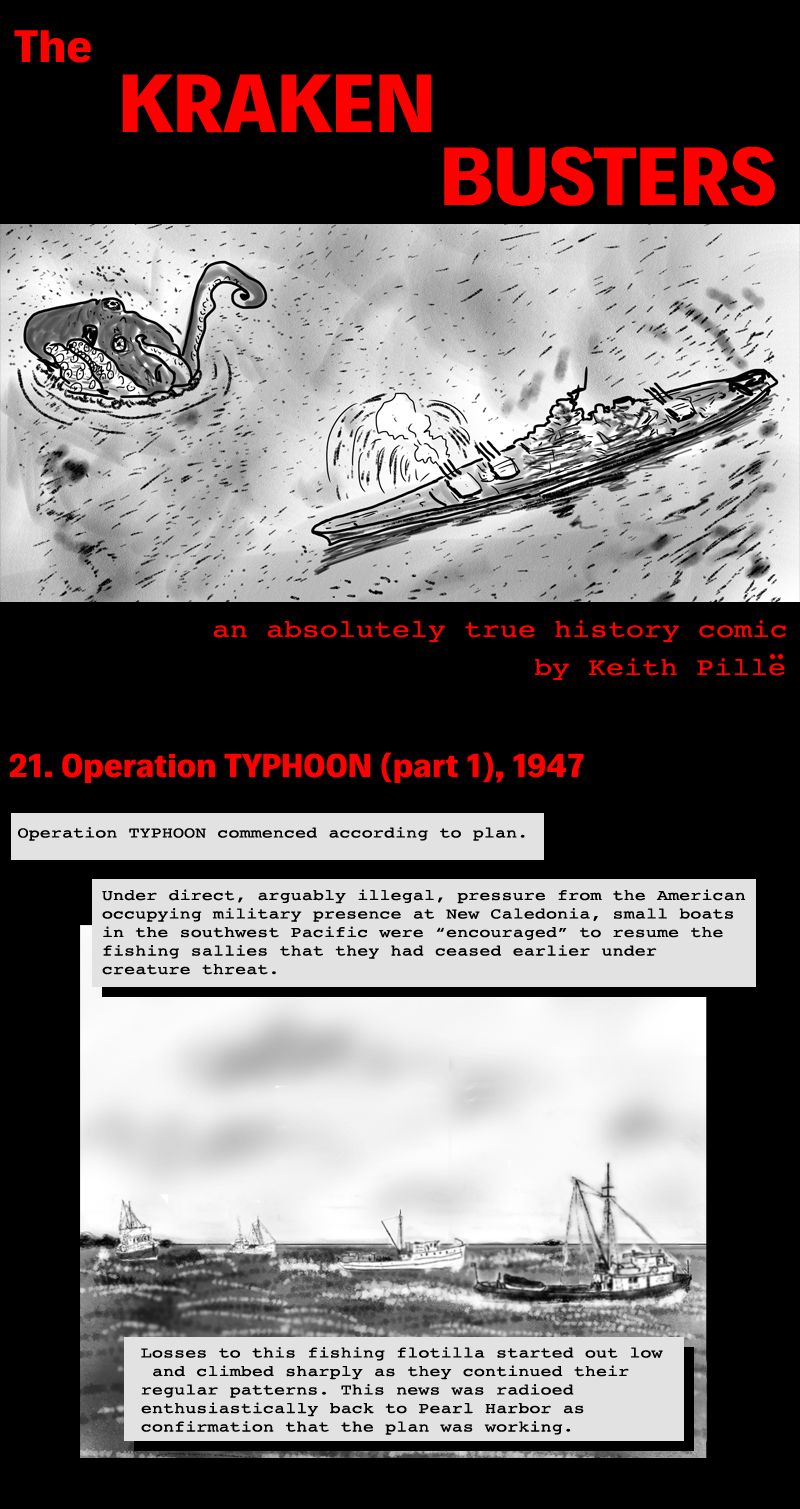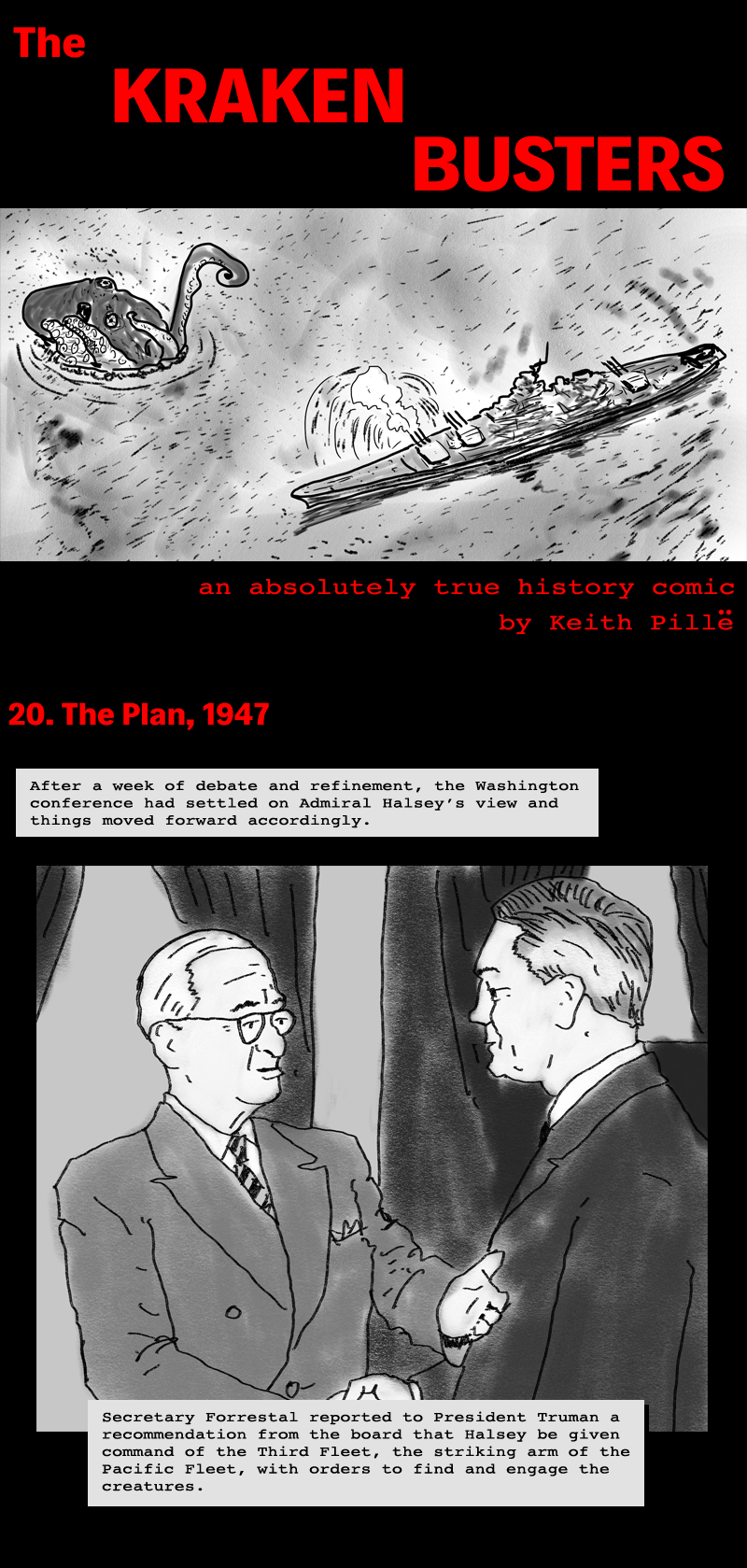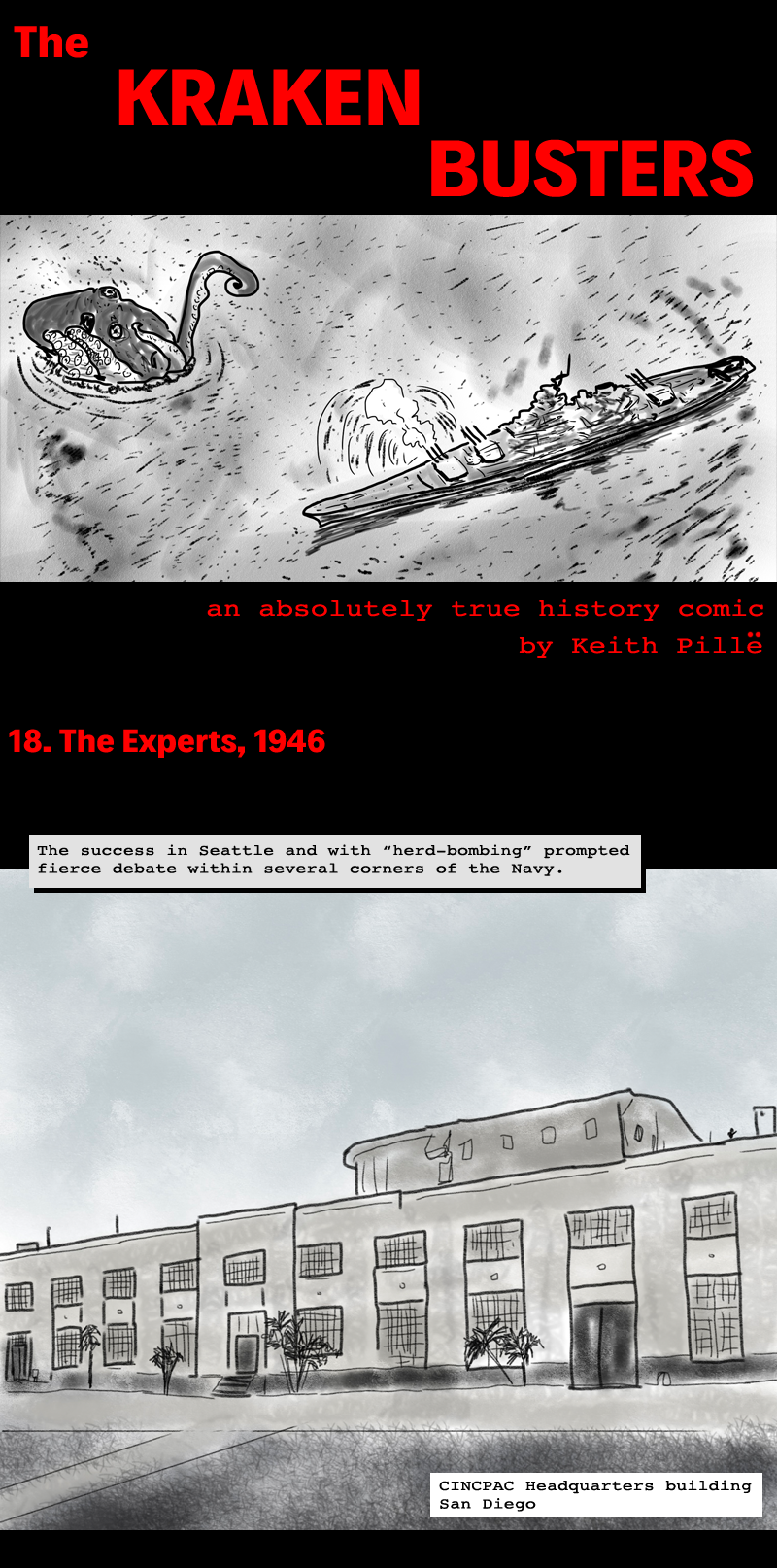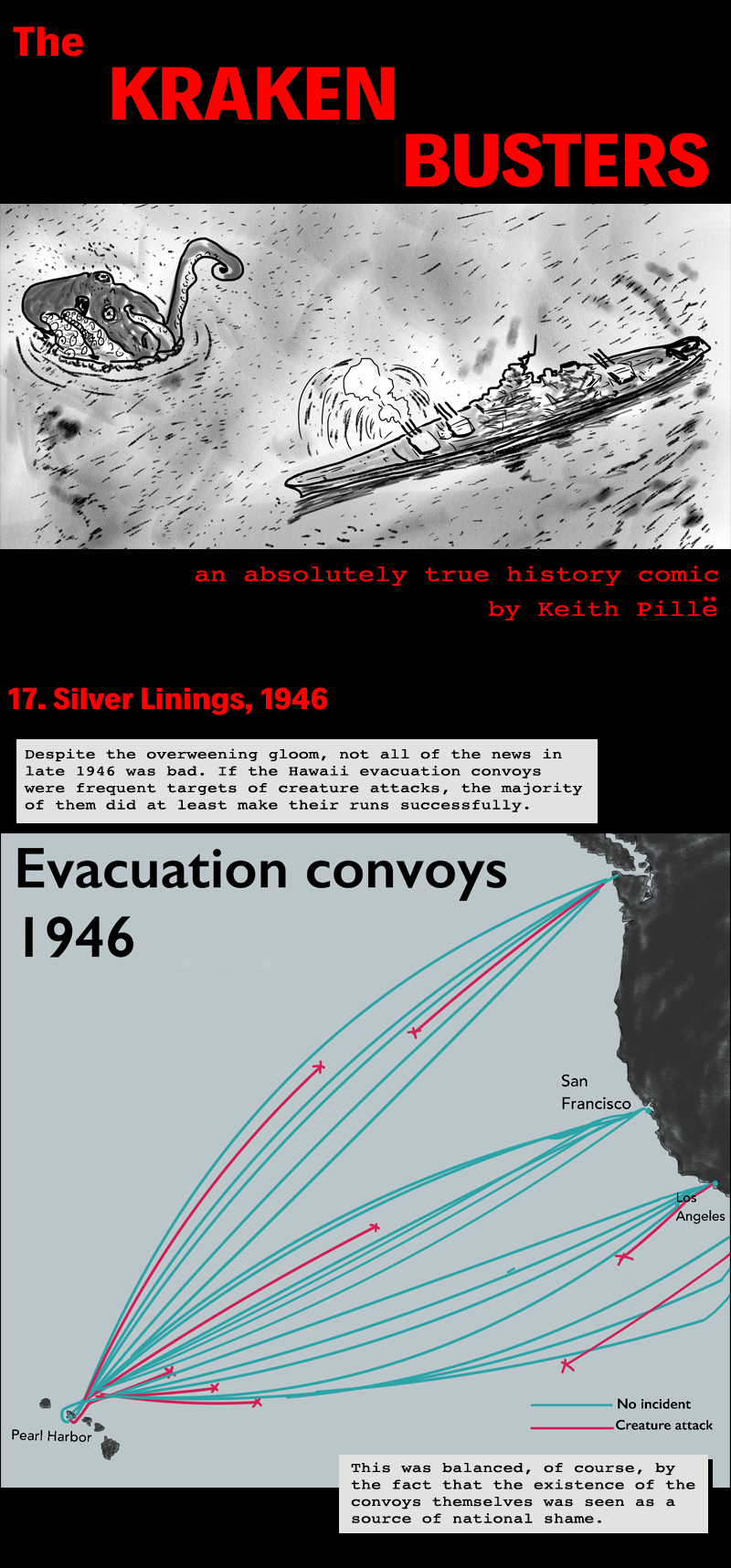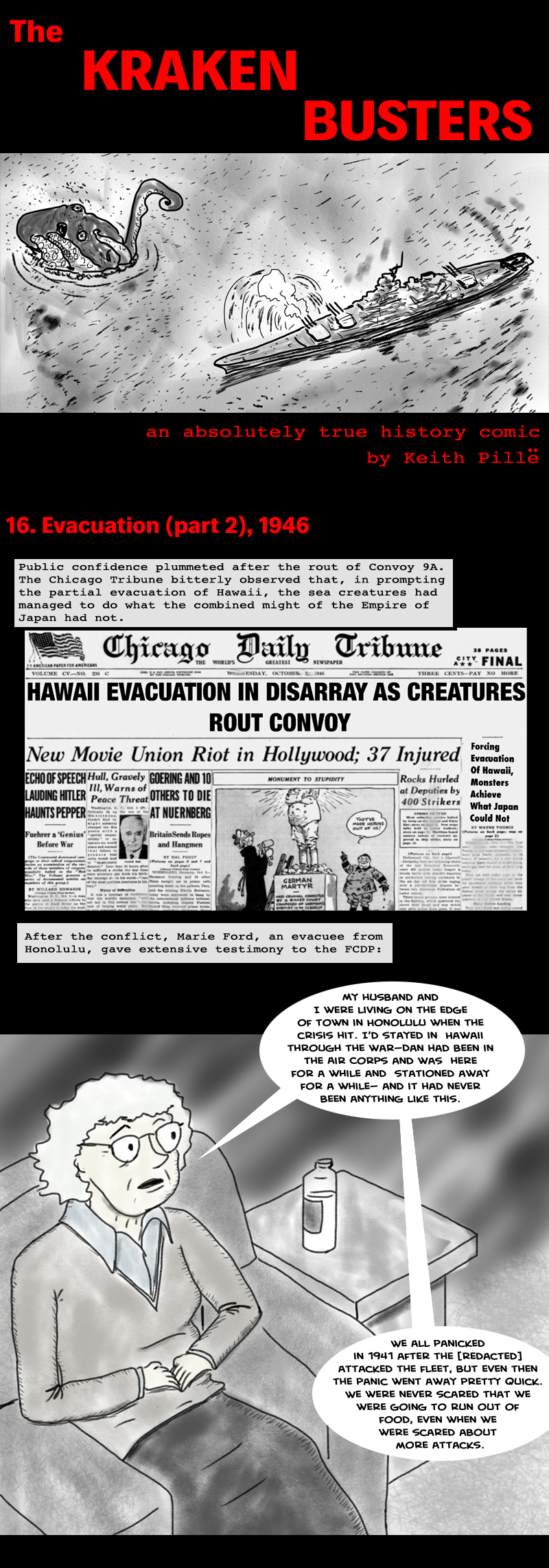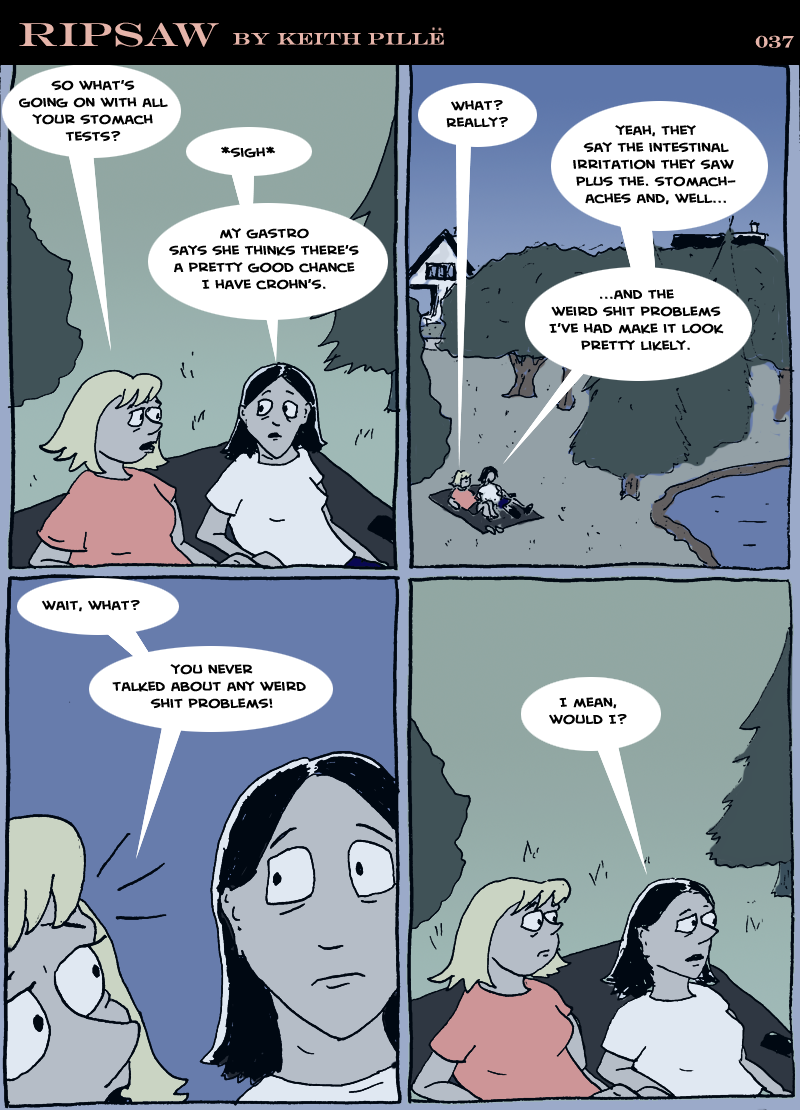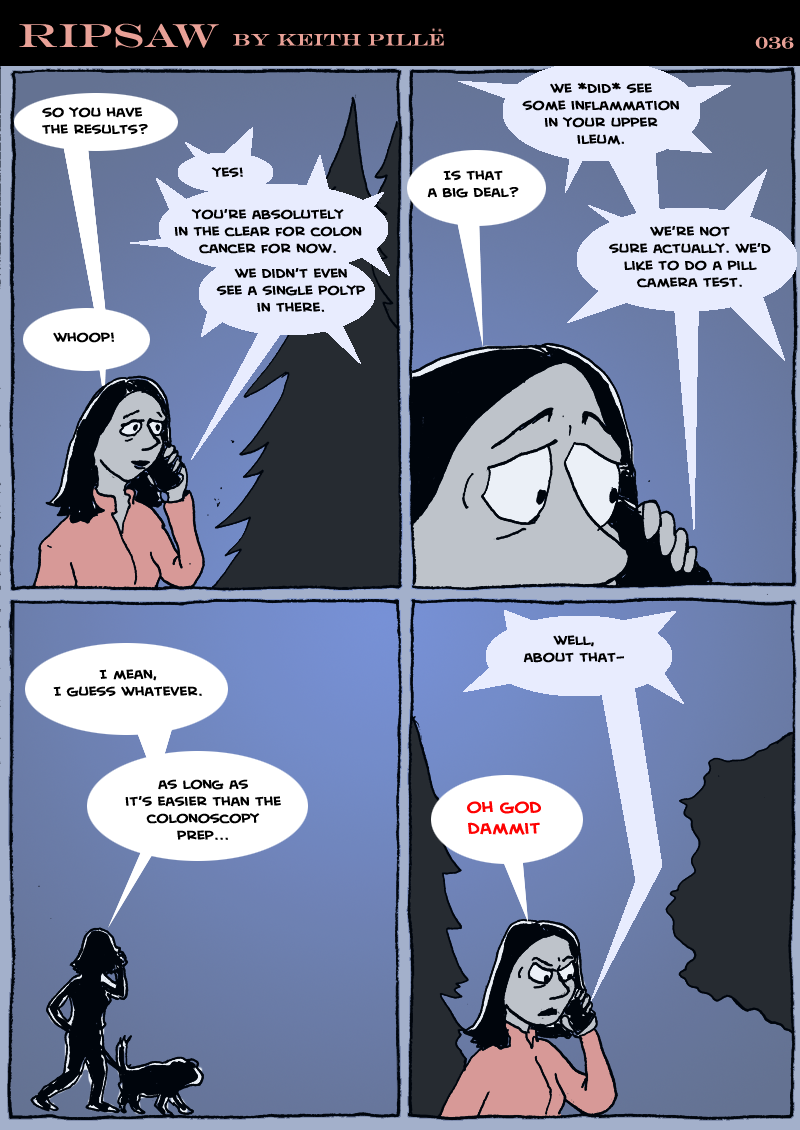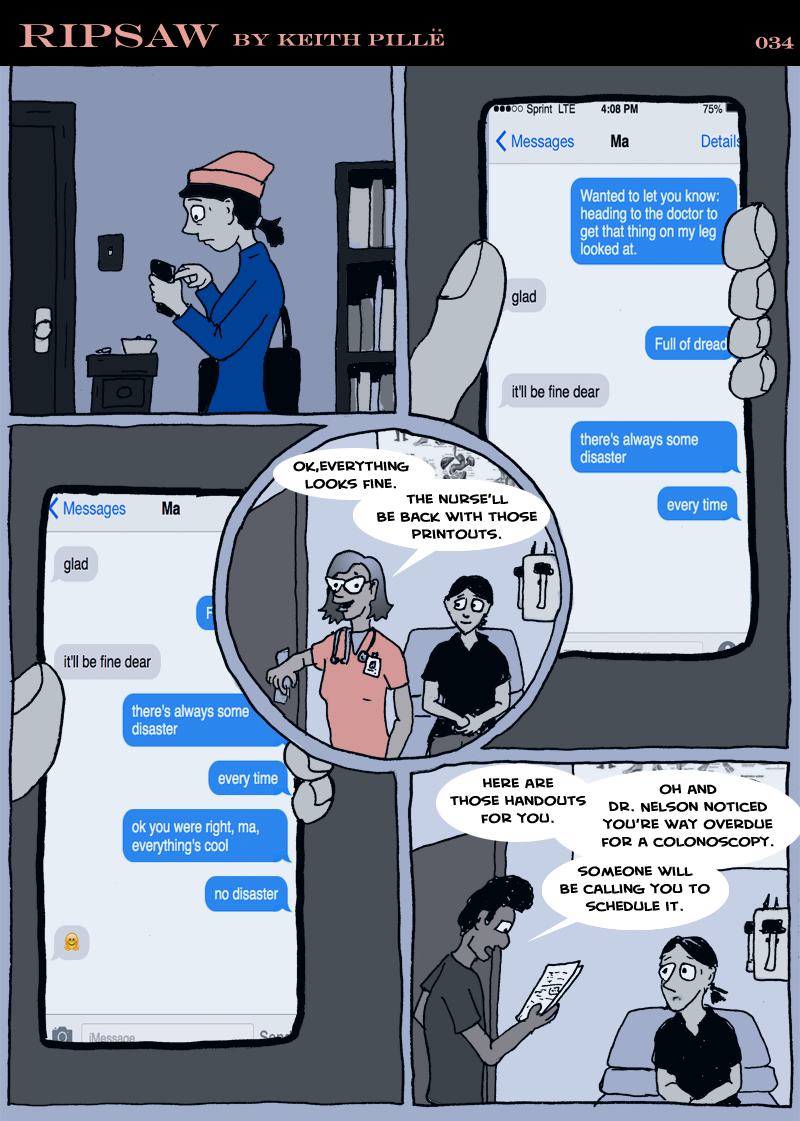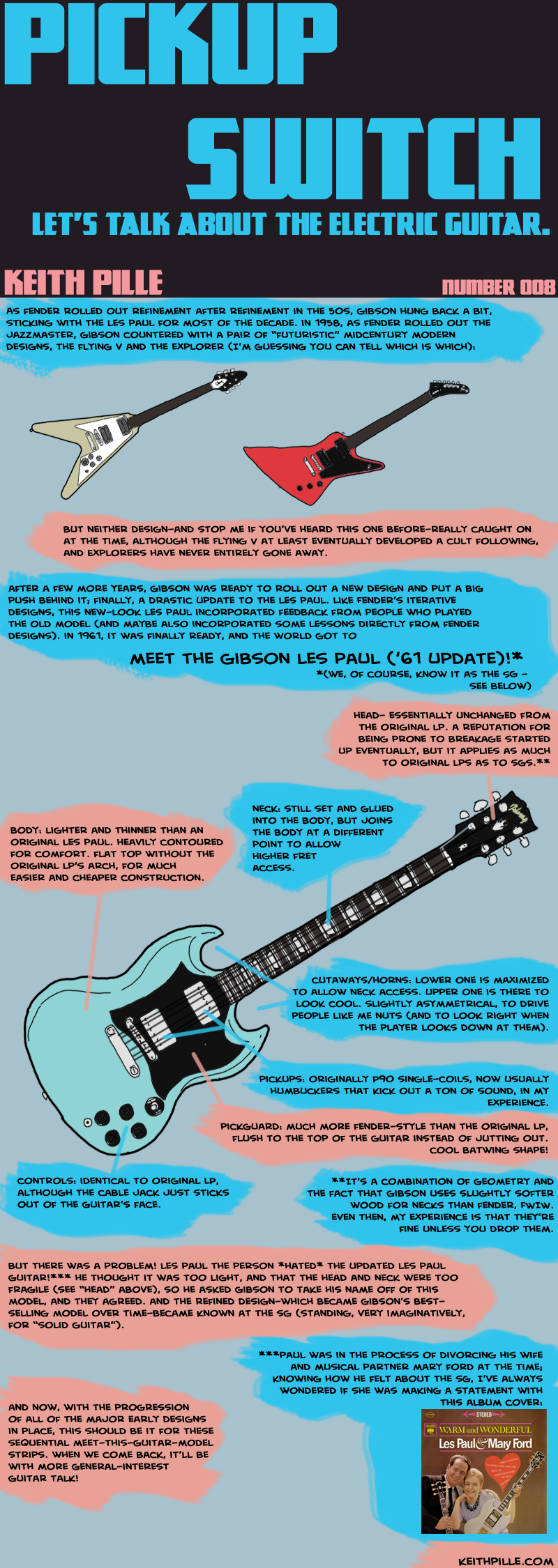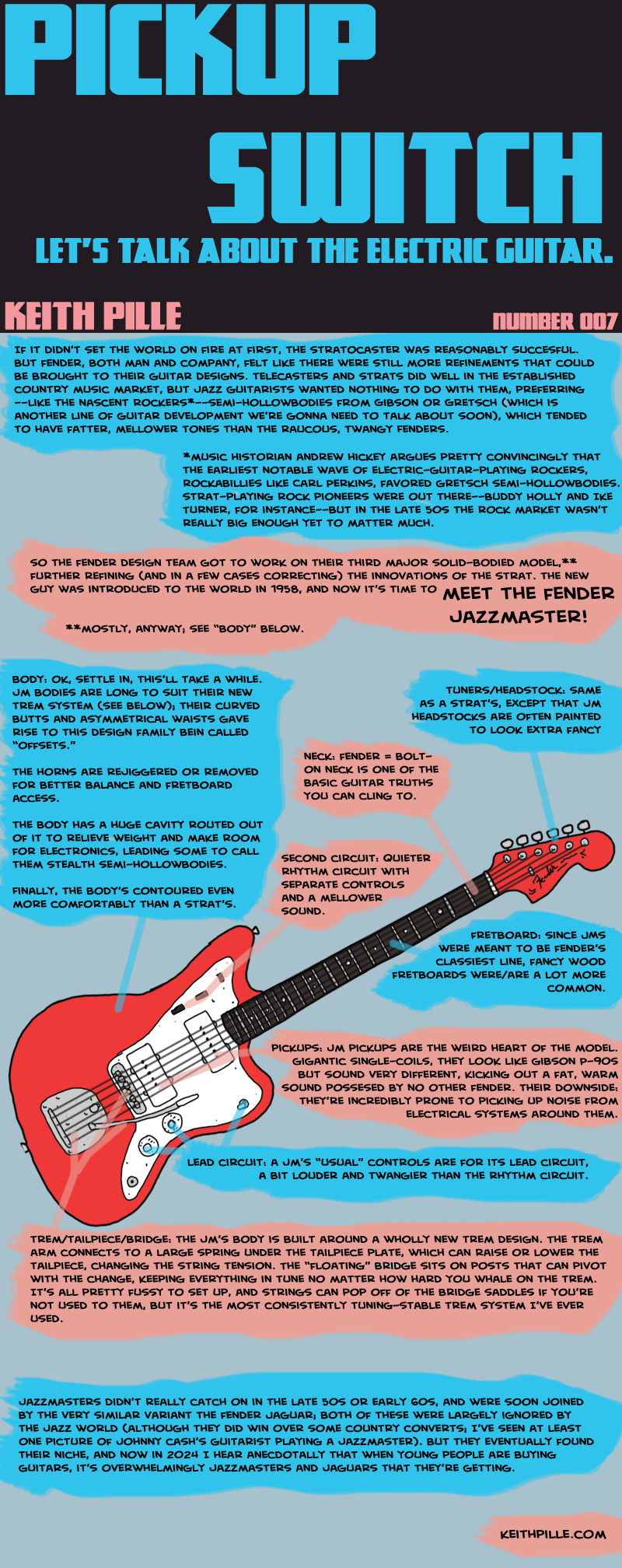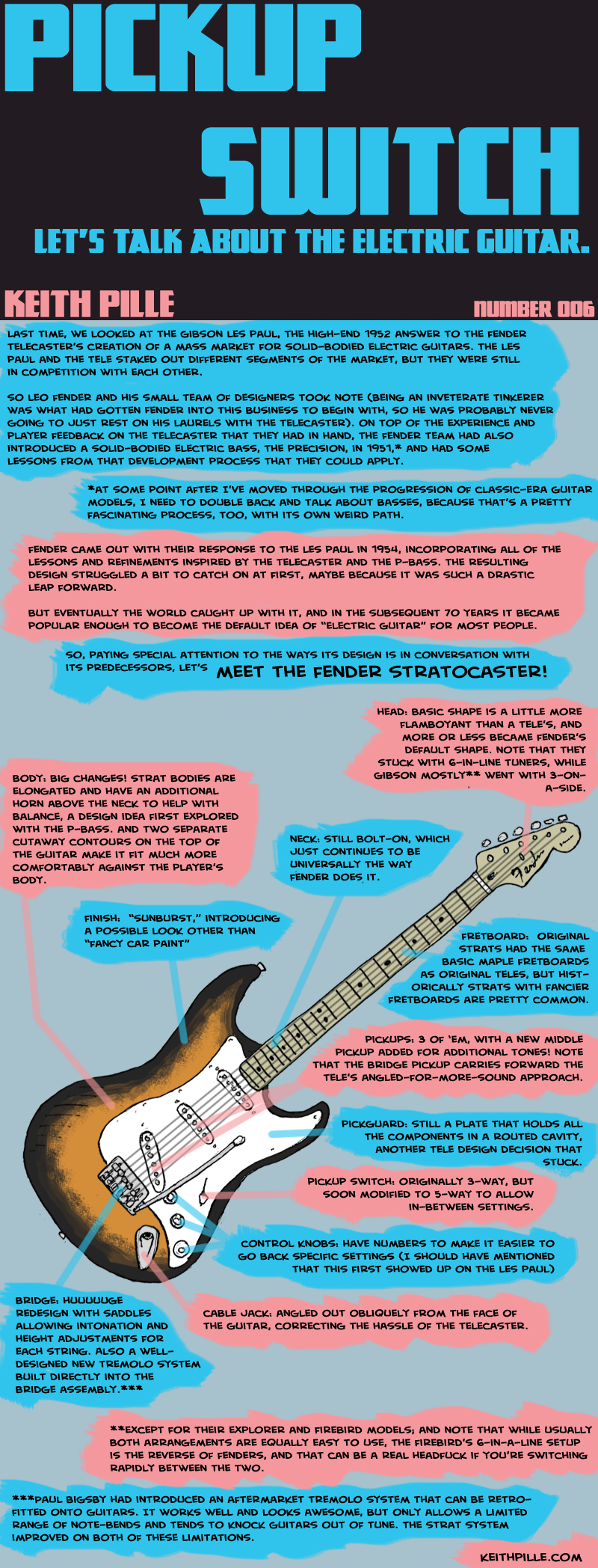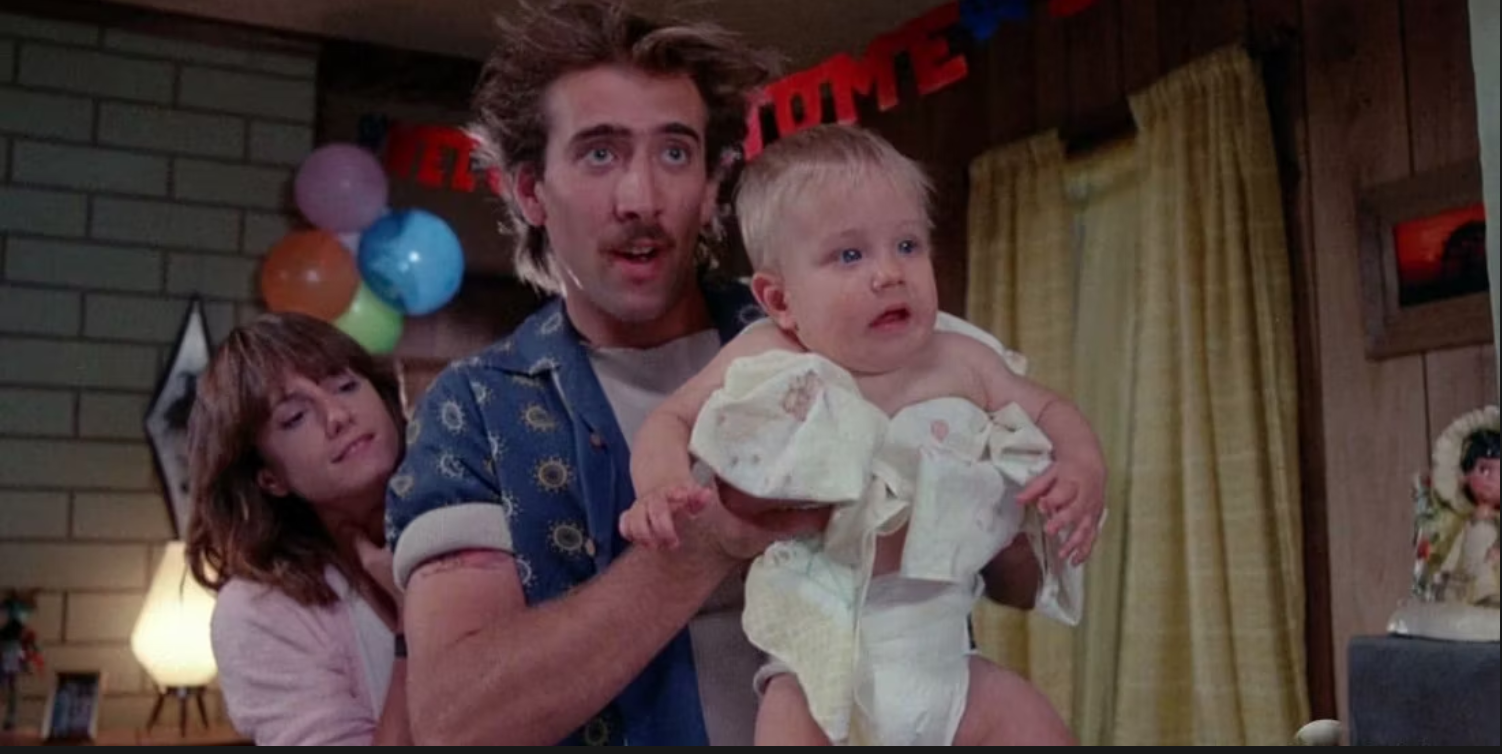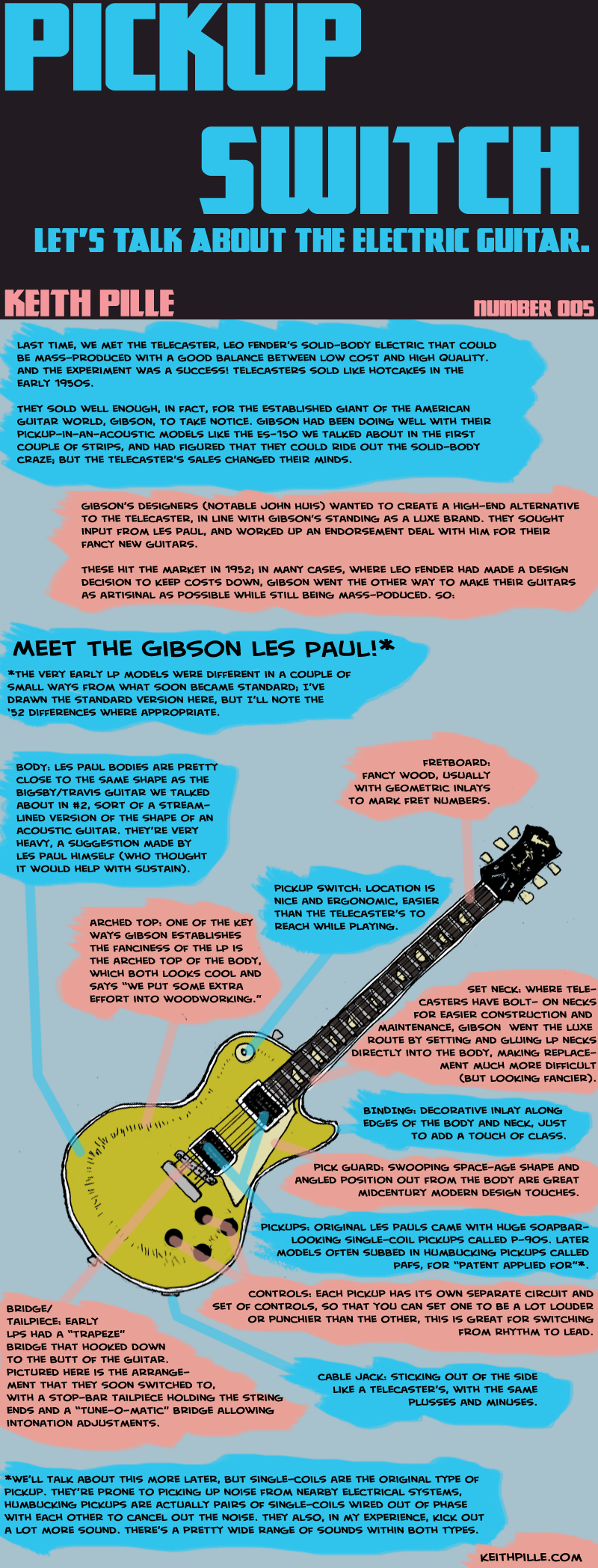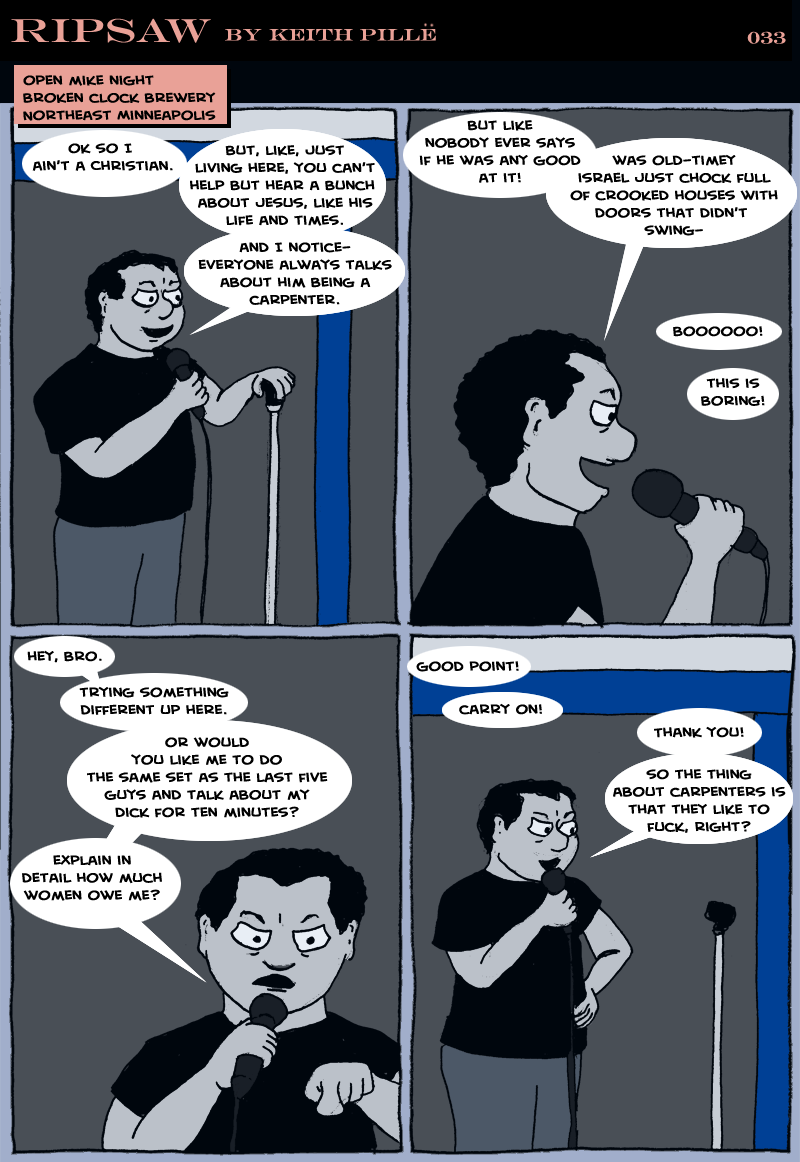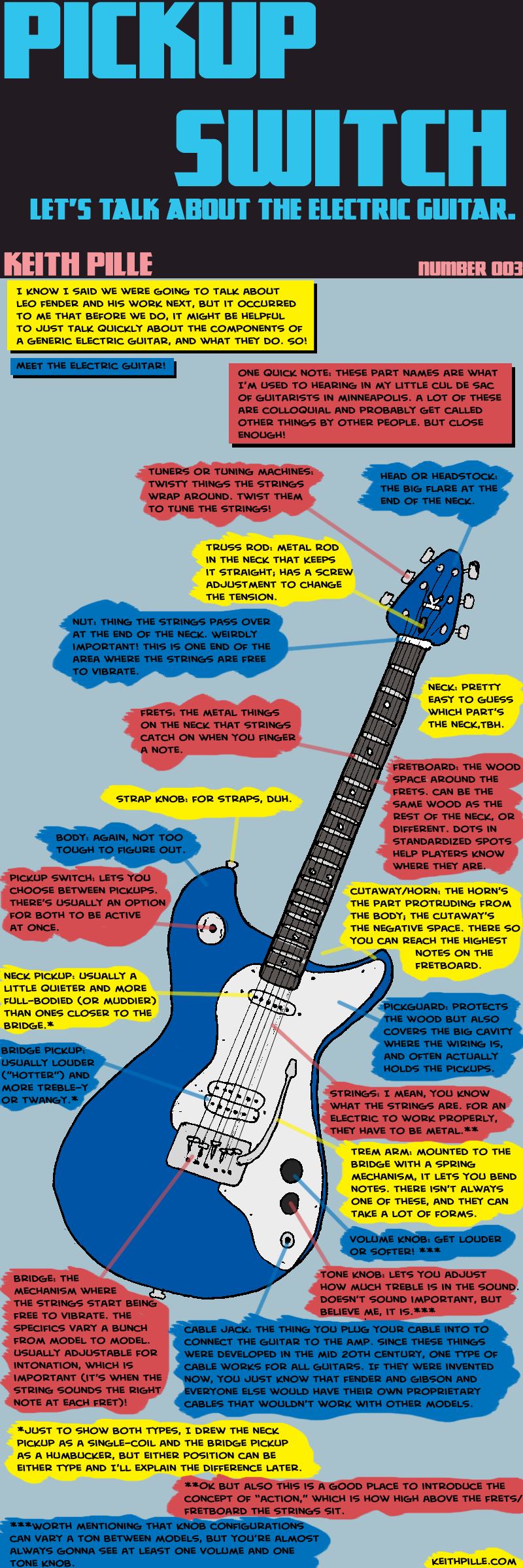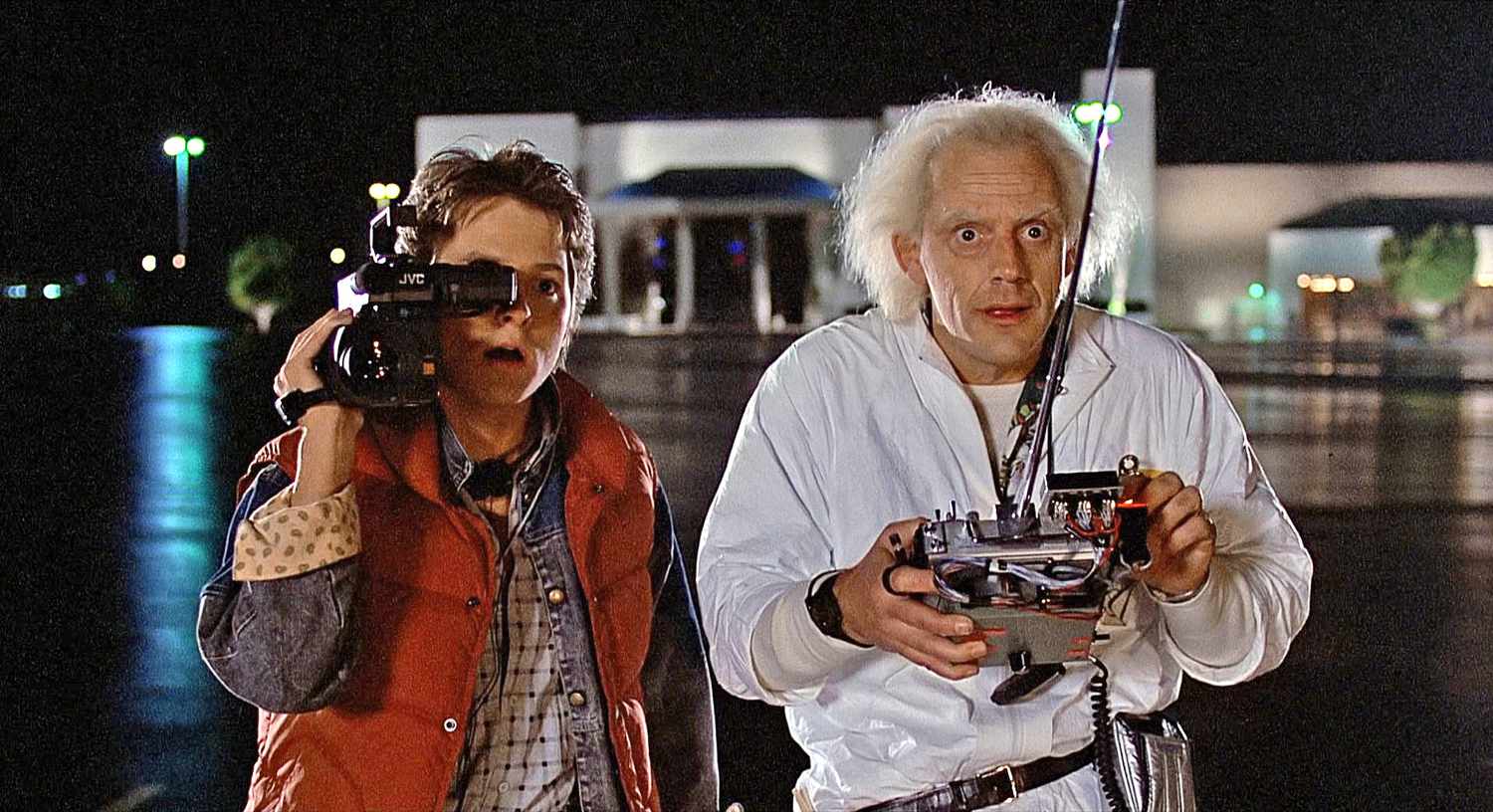This post is part of my ongoing project to migrate my old Art Is My Middle Name newsletter archives to my own website. Learn more about all that.
This one in particular was an urgent outburst in 2020 but you know what? I’ll stand by it in 2026, and think it’s all the more urgent. Just, uh, don’t use Substack now.
Originally published Jan. 16, 2020
Hey, there,
This began as a twitter rant the other day, and it kind of took off, much to my gratification. But Twitter is ephemeral, and I want to spread this message as far as I can. In fact, to that end, after you read this, please forward it to anyone who might be receptive.
OK, then.
*clears throat*
I have an earnest request for you (yes, you).
Start a blog in 2020! And start reading other peoples’ blogs!
RC and I were talking the other night night about how much it sucks that our society just drifted away from blogs after the big social media sites sprung up. I understand the historical reasons for this, but here’s the thing: NONE OF THOSE REASONS ARE DETERMINISTIC OR IRREVERSIBLE.
There used to be this wild, varied, untamed wonderland of personal expression through blogs and it was a thing of exquisitely messy human beauty.
Now, we all complain (rightly!) about the slow death of media outlets, especially those that have any spark of humanity in them. And we howl (rightly!) about how the big social media orgs, especially FB, are trying to turn the web back into a monetized AOLesque walled garden.
And those things are true, and they suck!
BUT A HUGE SUITE OF BLOGGING* TOOLS IS STILL JUST OUT THERE WAITING FOR ALL OF US TO PICK THEM UP, USE THEM, AND GIVE OURSELVES OUR VOICES BACK.
*and newslettering, which winds up being functionally damn near the same thing.
Writing for paying outlets is great if you’re interested in pursuing that, but there are always fewer of them, and you have to tailor your pitches to their tastes and the news cycle and what have you. And that’s fine, but THERE’S SO MUCH YOU HAVE TO SAY THAT DOESN’T FIT INTO THOSE BOXES.
And it’s intimidating to pitch stuff, and it sucks to get rejections. SO WRITE ABOUT WHAT INTERESTS YOU ON YOUR OWN BLOG WHERE NO ONE’S GONNA SAY NO TO YOU. YOU HAVE A VOICE AND IT’S AS IMPORTANT AS THE LATEST GODDAMNED BACHELOR RECAP ON A CORPORATE SITE.
Let your freak flag fly! Write about the weird shit that interests you! Not sure about your grammar or spelling? WHO GIVES A DAMN ABOUT YOUR GRAMMAR OR SPELLING? You still have things to say.
And then let the rest of us know about it! And on the flipside: we all can and should make an effort to be reading each other. Committing to this for 2020: I’m going to forcefully push to add idiosyncratic personal blogs back into my media diet.
I just got done reading* a book about kids in a fucking police state using darkrooms and silver nitrate to photo-reproduce newsletters to give themselves a voice; we’re all sitting here with the best communication system IN HUMAN HISTORY sitting in front of us unused.
*and won’t stop talking about, apparently
Google Reader died? WHO CARES? Every goddamned browser has a bookmark function. Or it’s not hard to type a URL.
If you don’t want to mess with blog software: start a newslettter! Then nobody has to remember to check your site; they just have to check their email. It took me less than 20 minutes to set up Art Is My Middle Name. It could not be easier.
So yeah. Start a blog, start a newsletter, and let everyone know about it so we can signal-boost it. And if you can boost your friends’ signals, DO IT.
OK, that’s it. Sorry about the shoutiness, but I feel strongly about this. Please at least give starting a blog, about whatever you feel like talking about, a serious think, and forward this to anyone who might be open to the same.
Newsletter’ll be back, maybe in a couple of weeks, in a more restrained form.
RECOMMENDATION
I recommend that you start a blog or a newsletter, and then let me know about it.
CLOSING STUFF
OK, so here at the bottom, sorry for the ragged copy editing; my deal with myself was to keep this fast and loose, which is gonna mean typos. On the other hand, that also means it’ll actually come out, instead of being obsessed over.
If you have any thoughts/reactions/what have you about this, I’d love to hear about it, either by email or on Twitter. And if you know anybody who might dig this, please forward it on to them, or send ‘em the signup link! And thanks!
